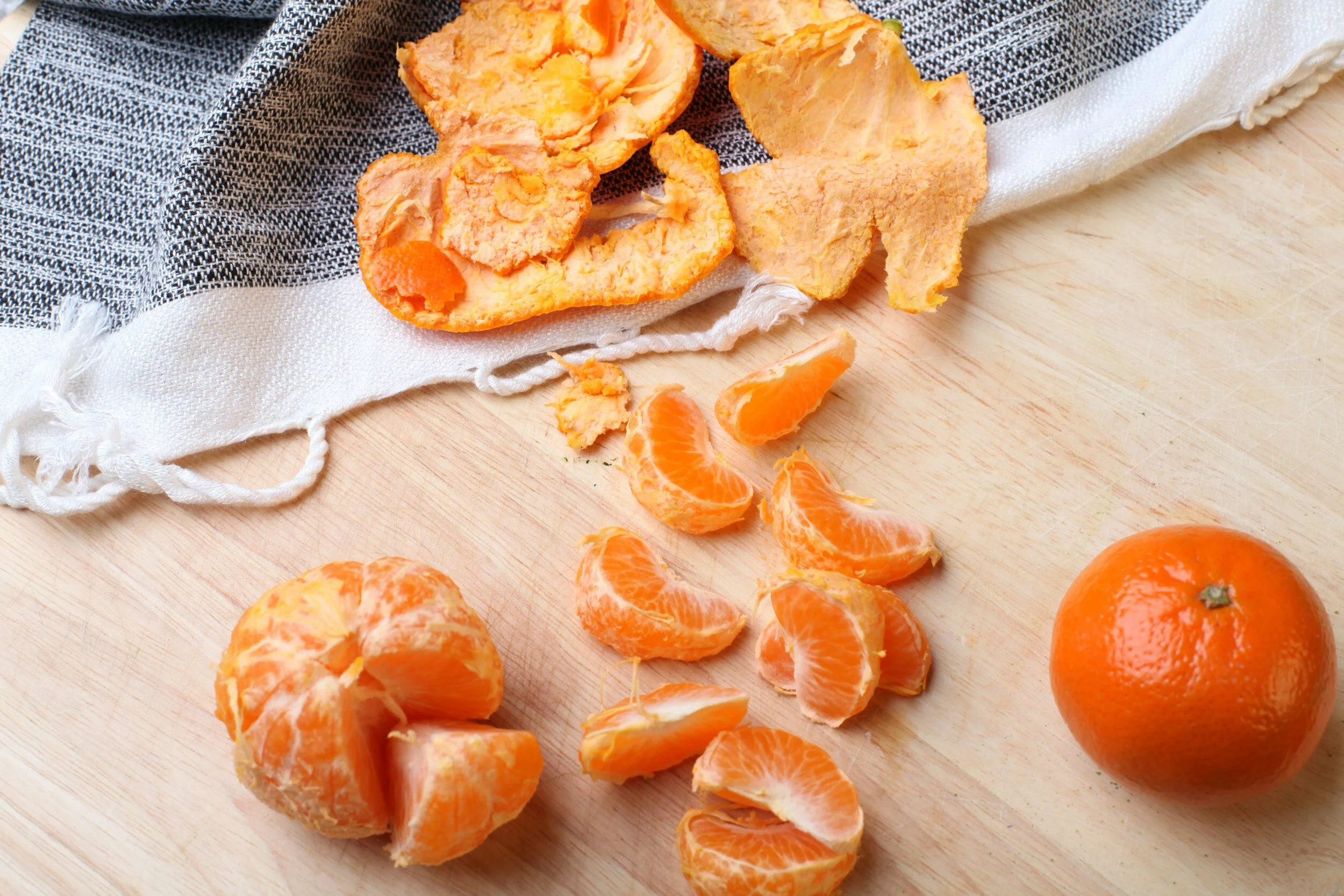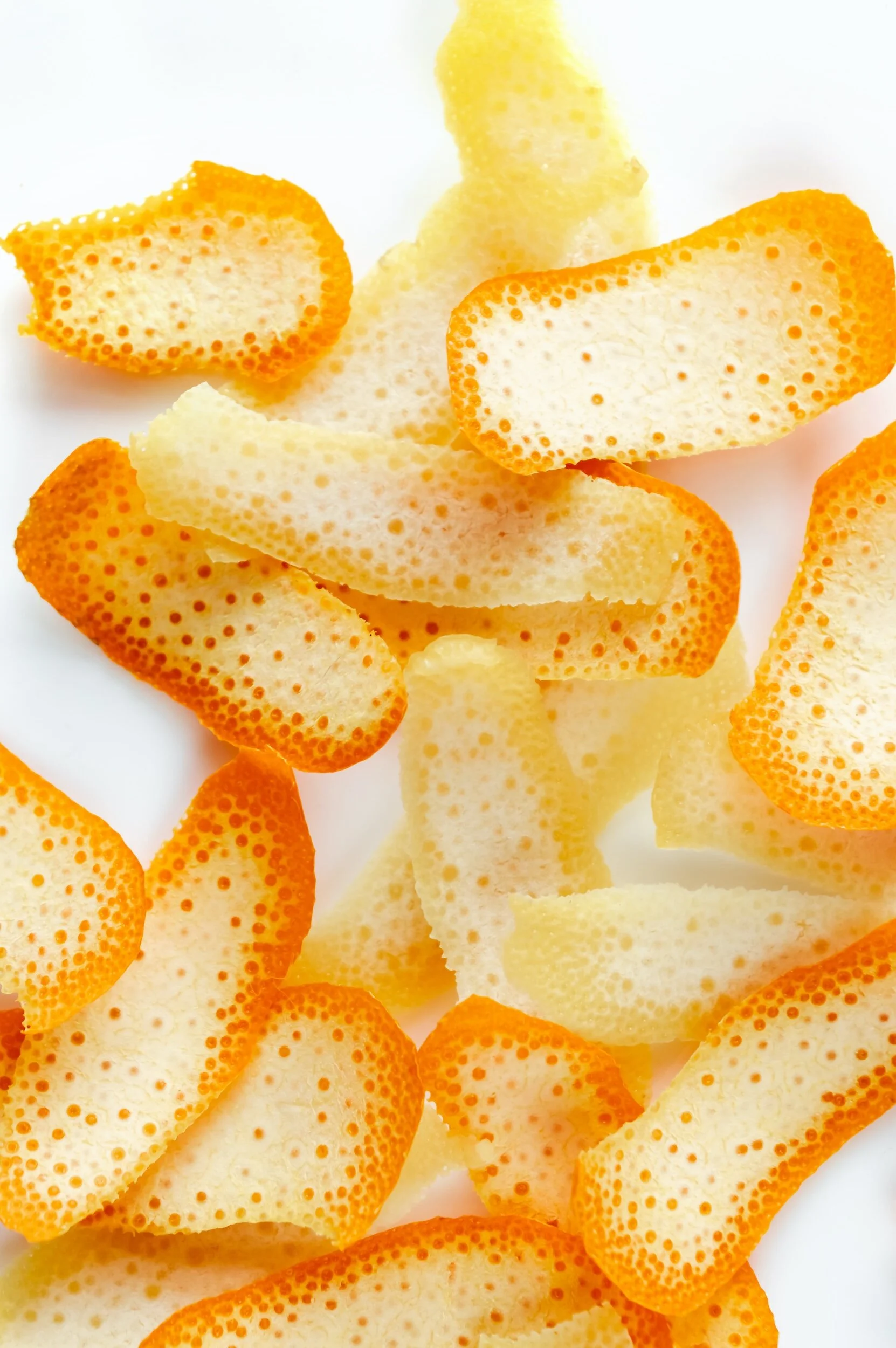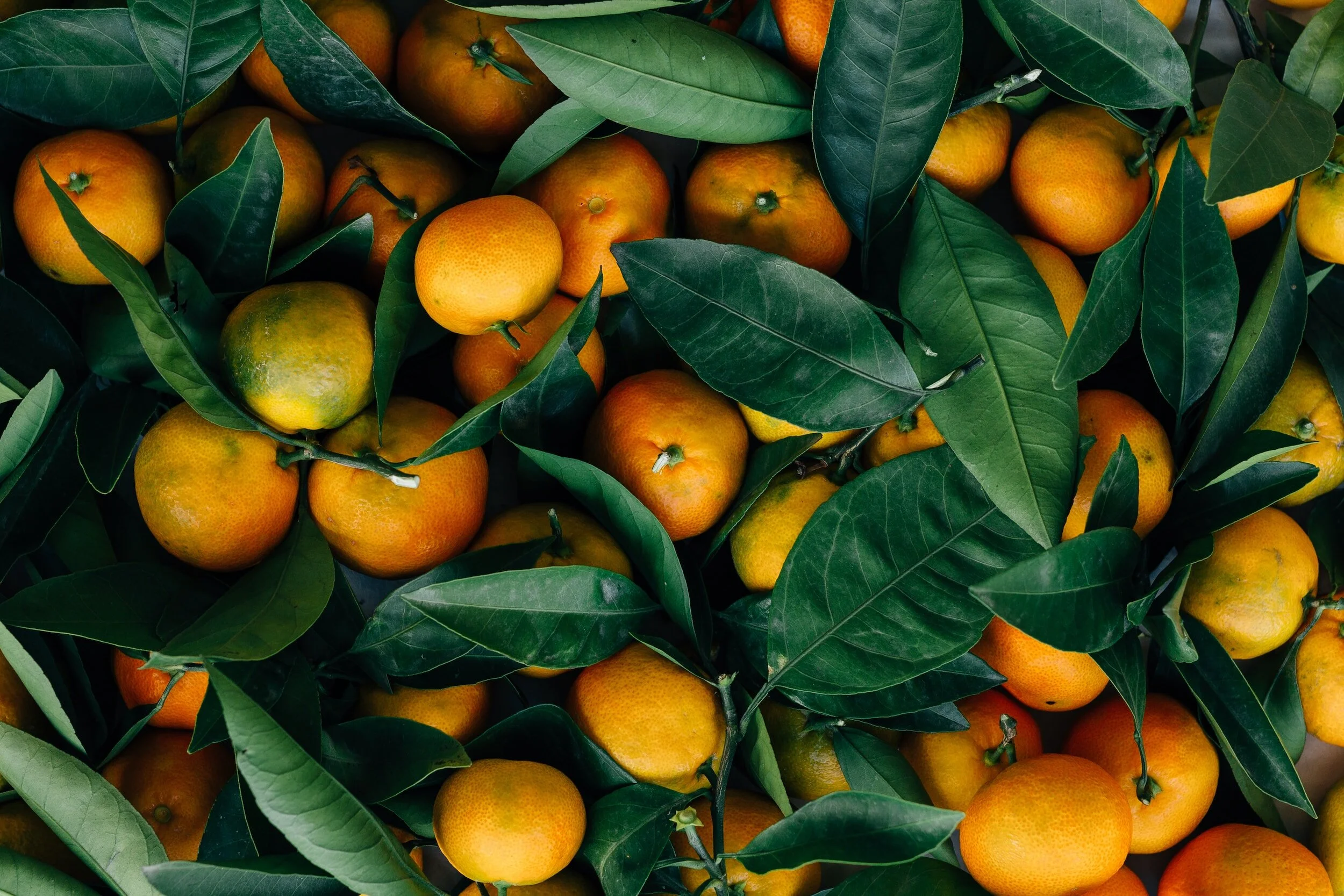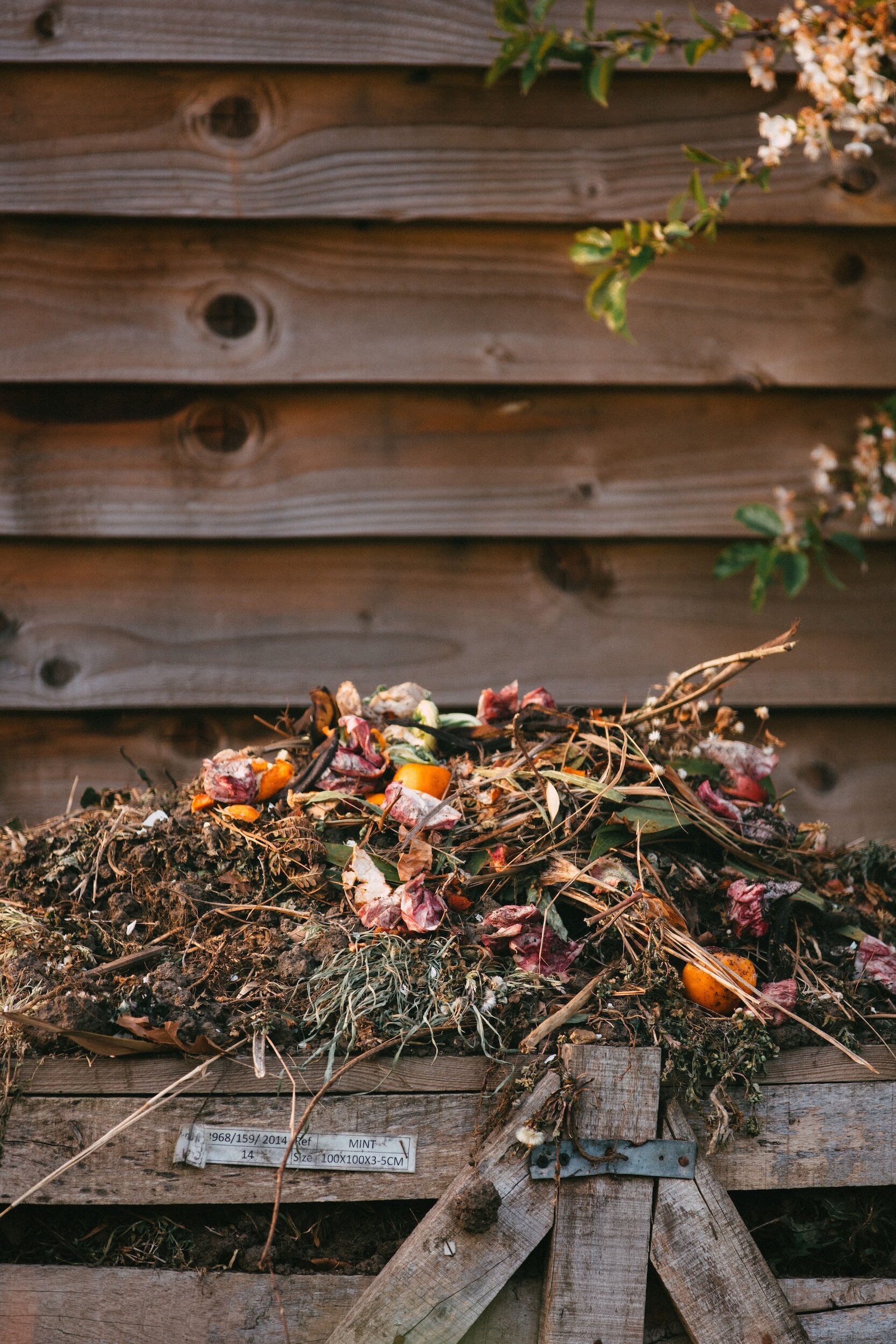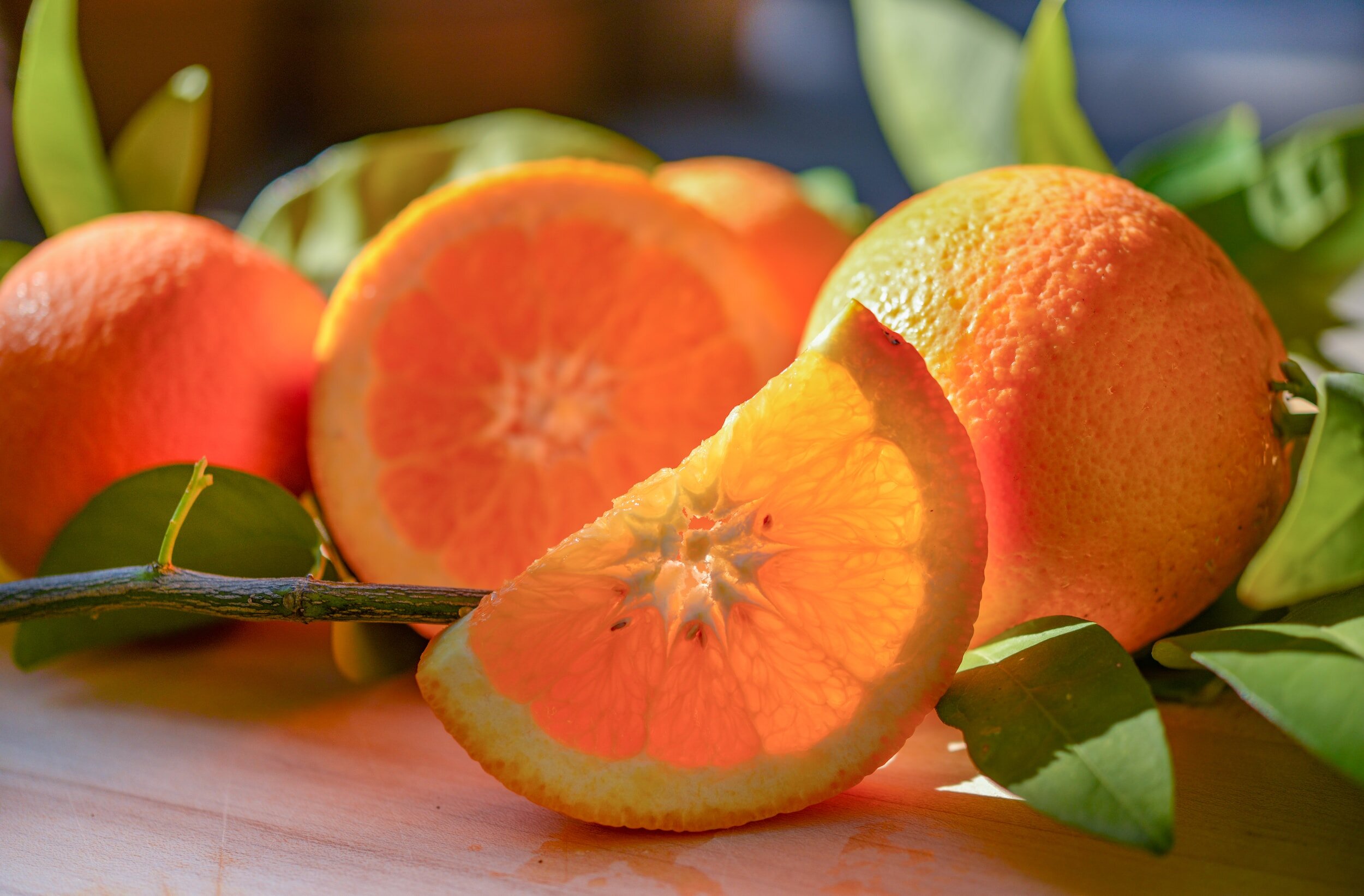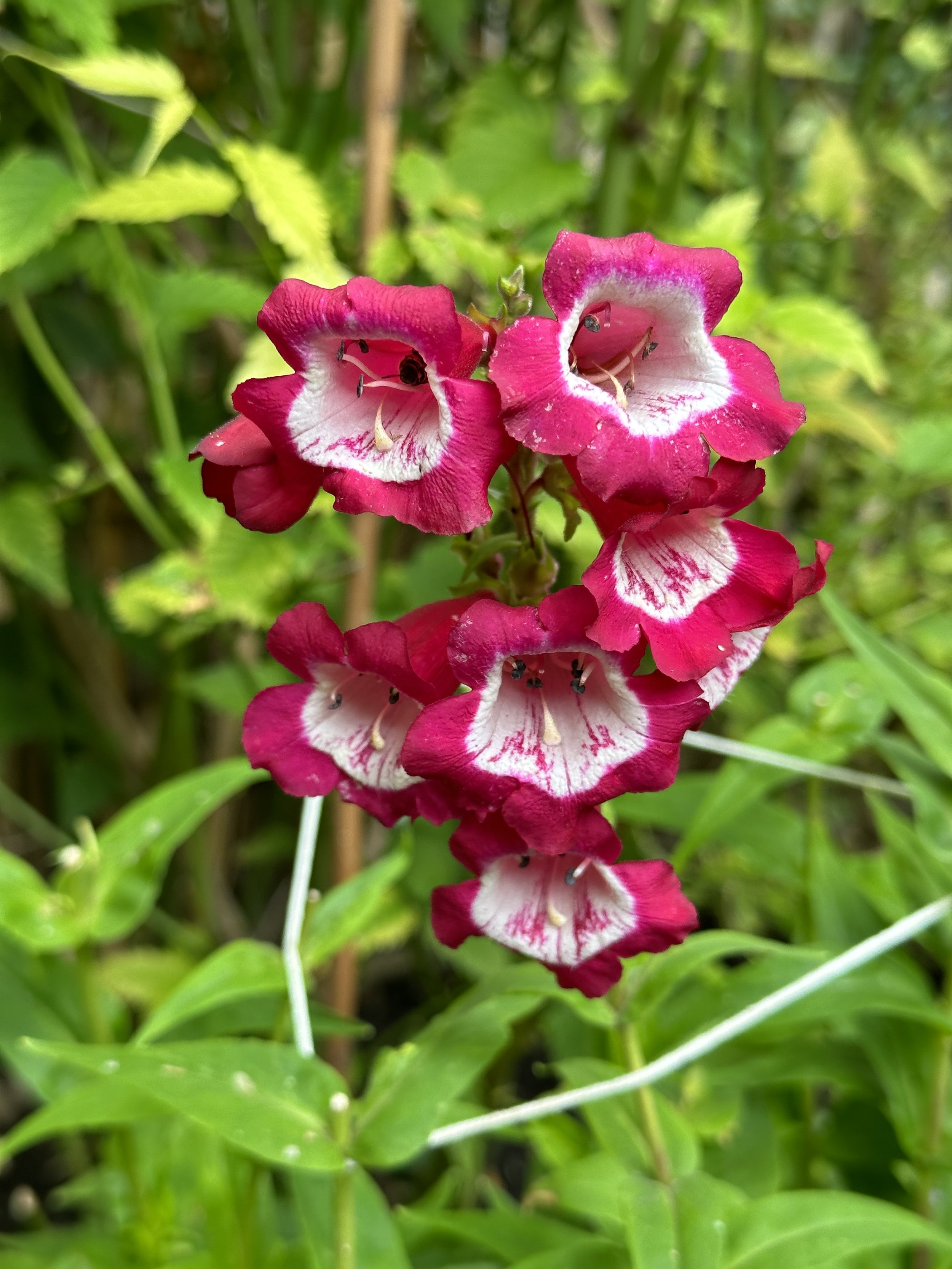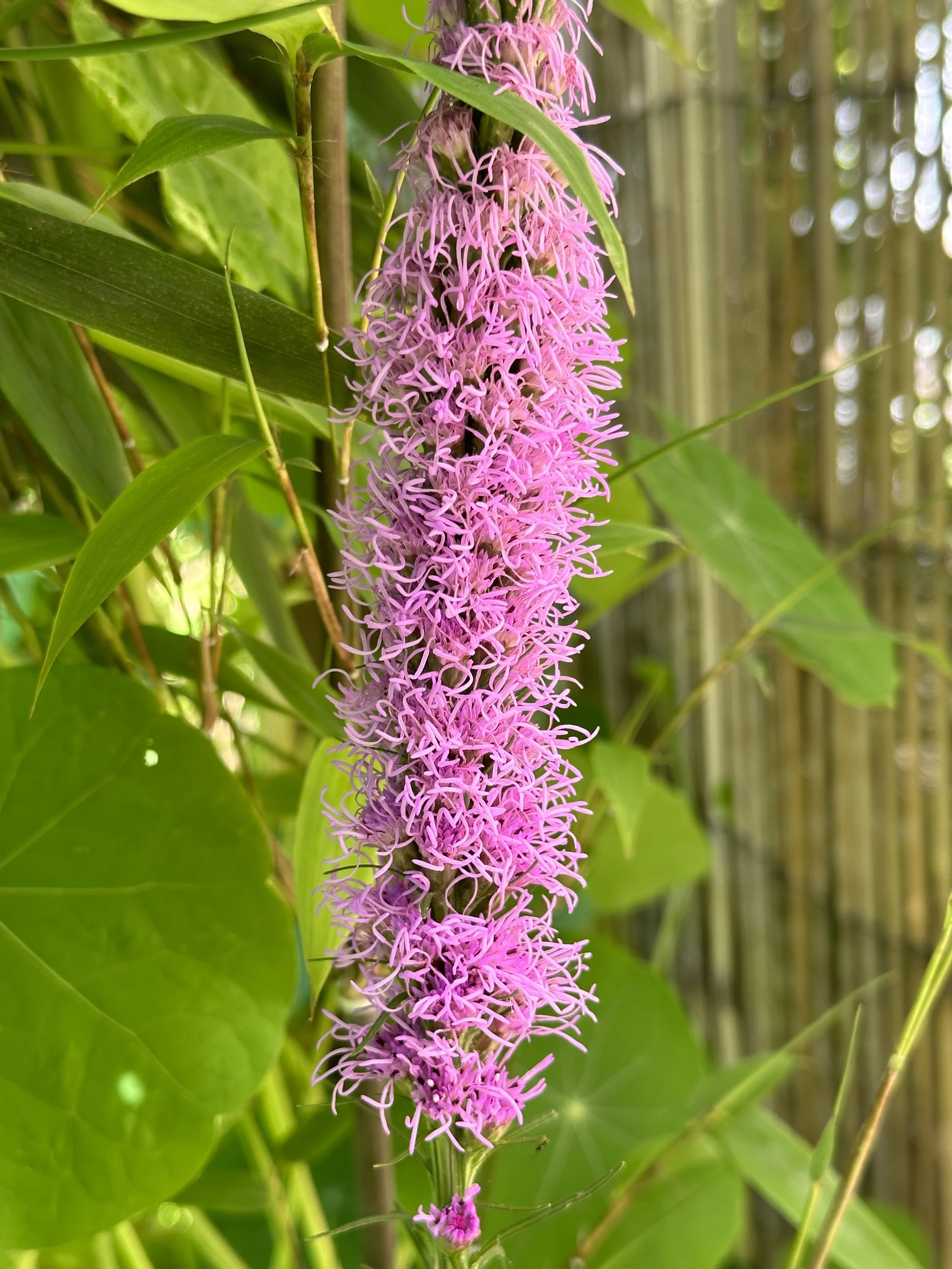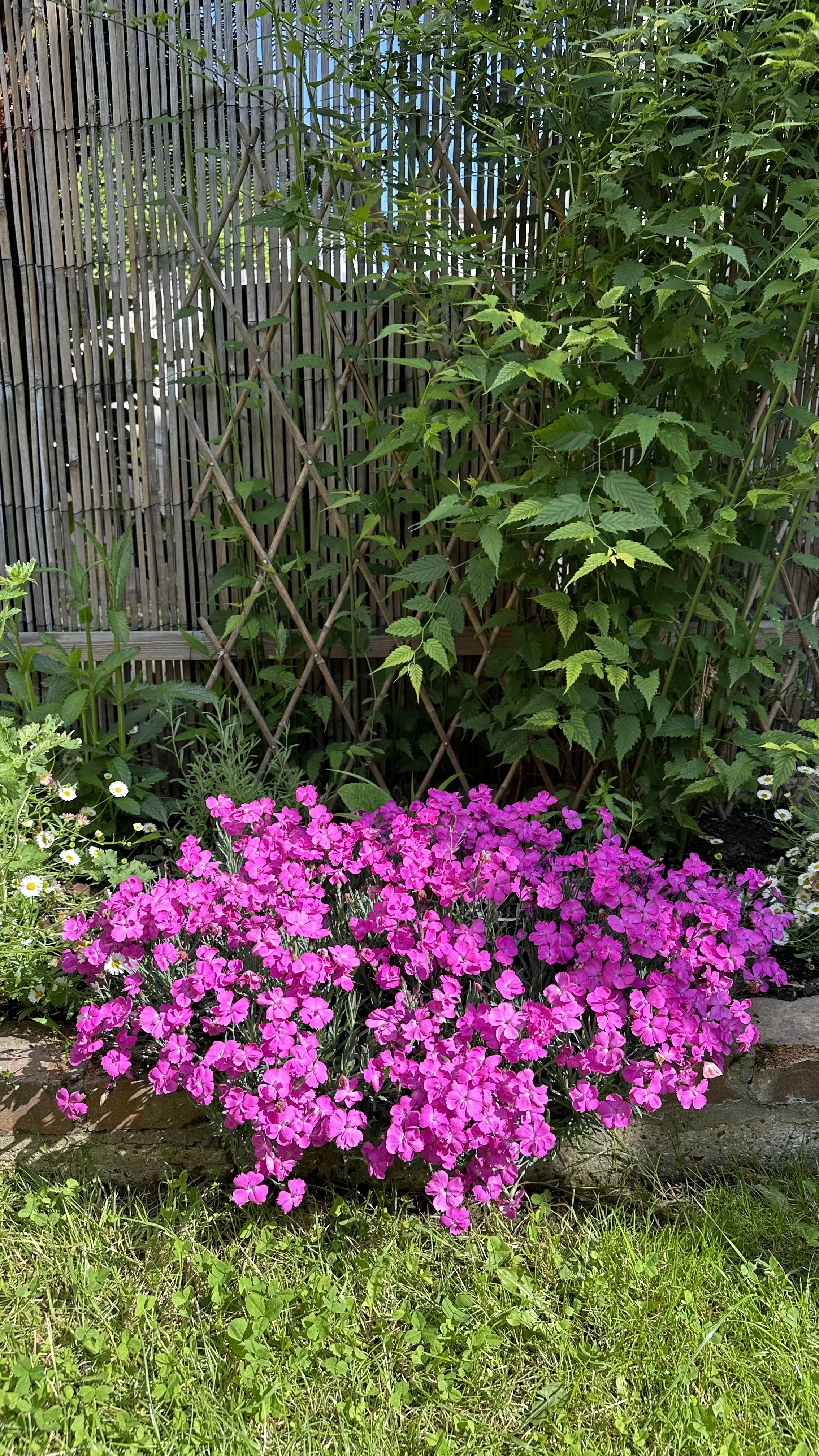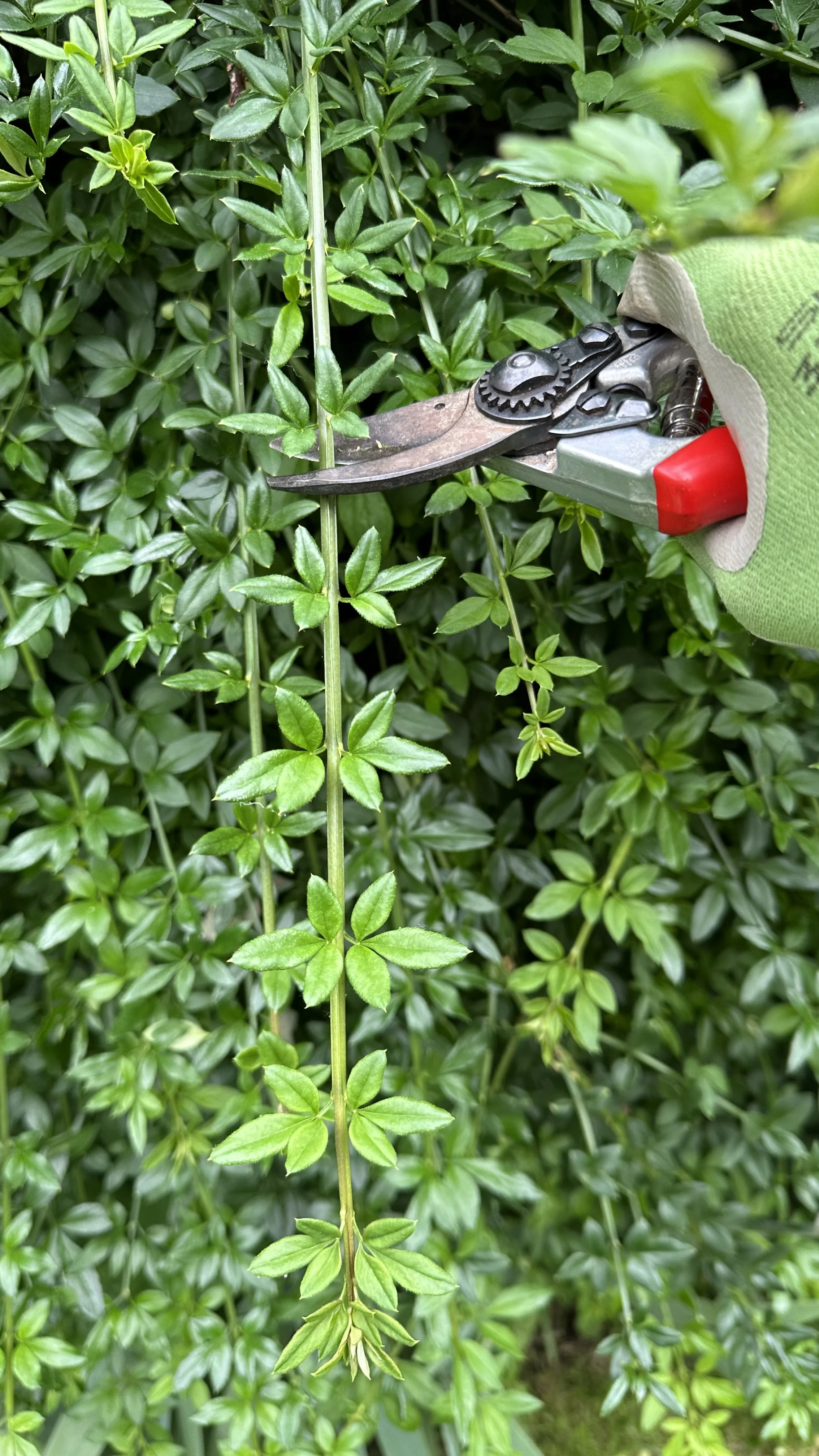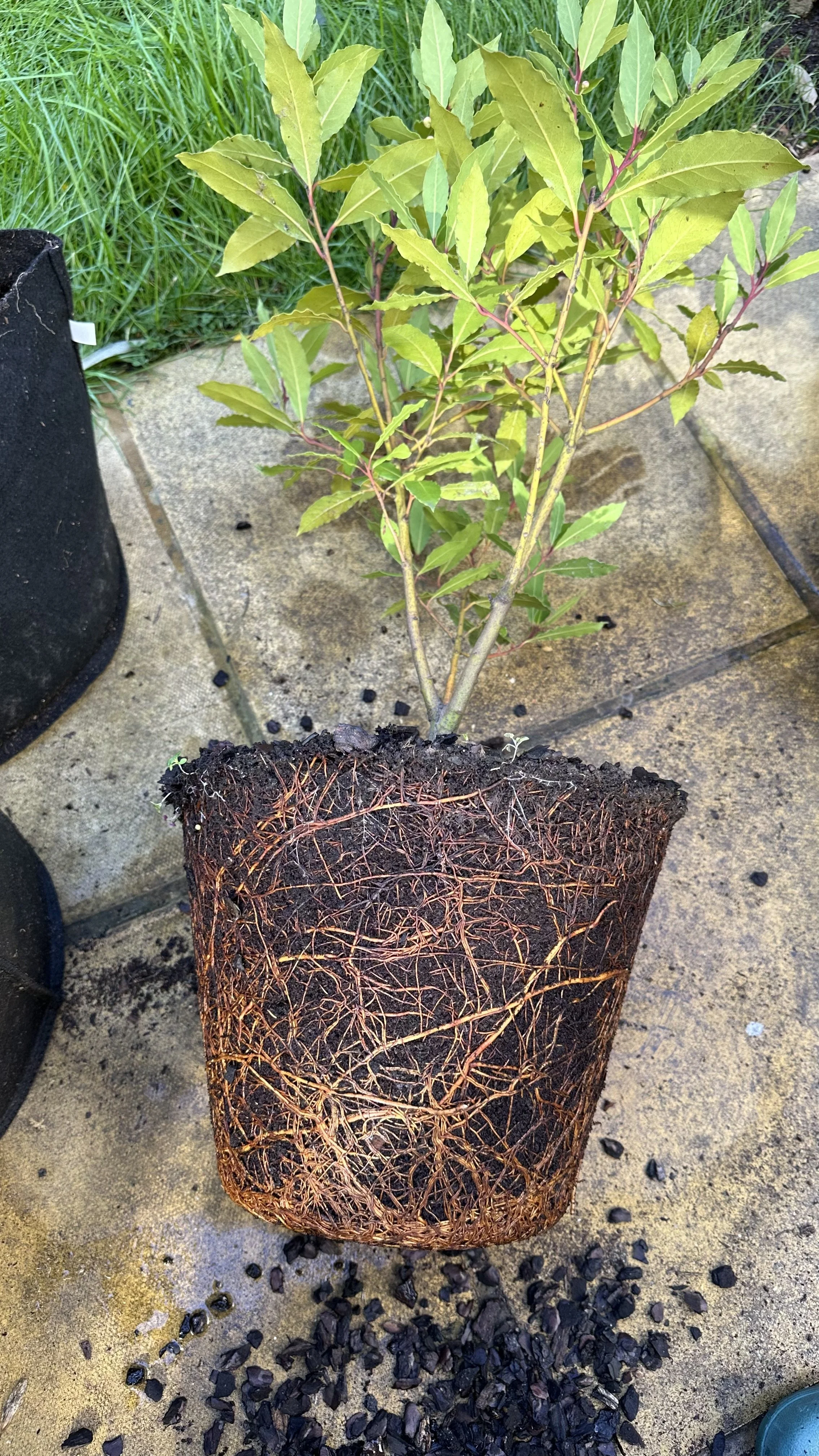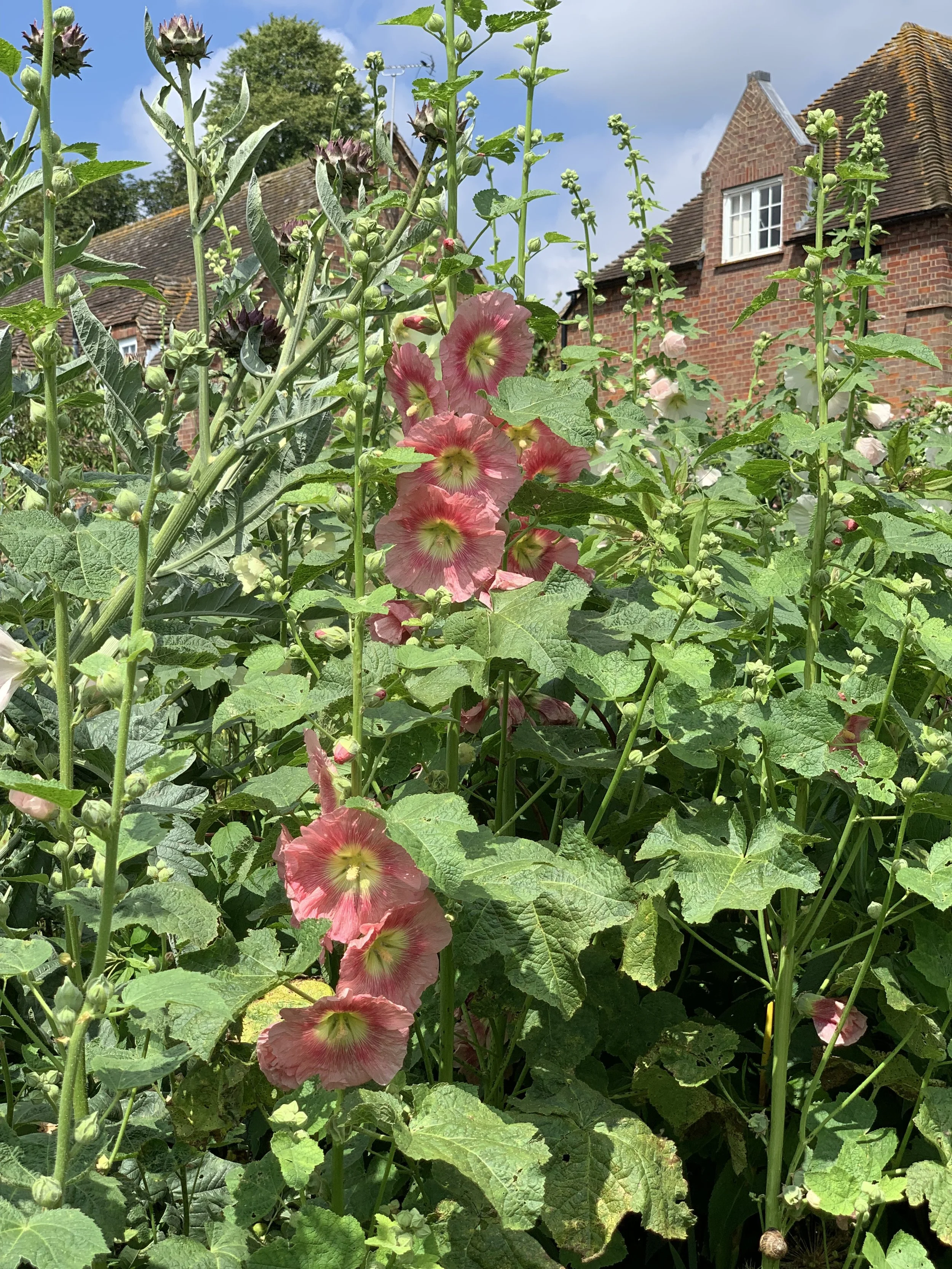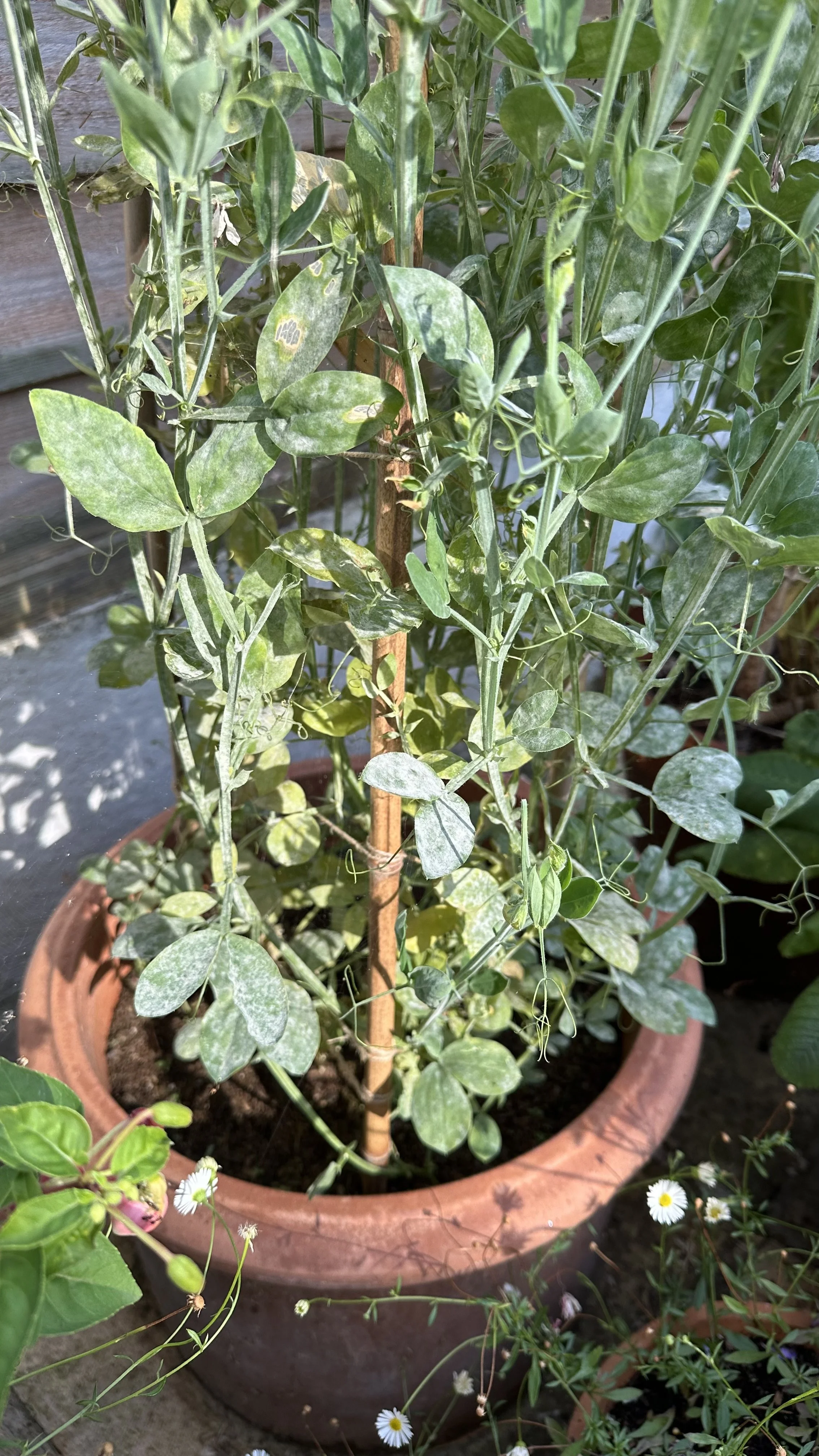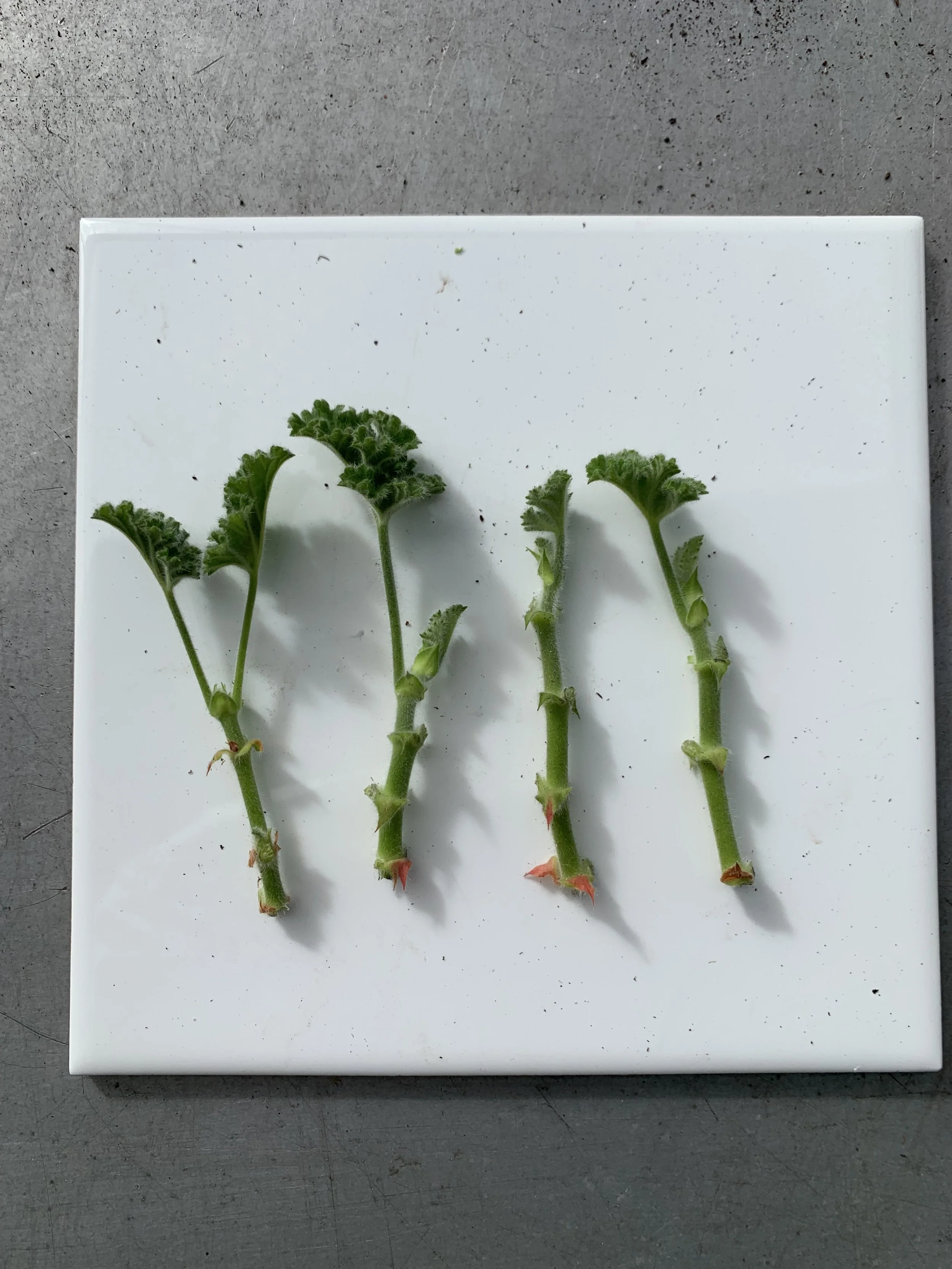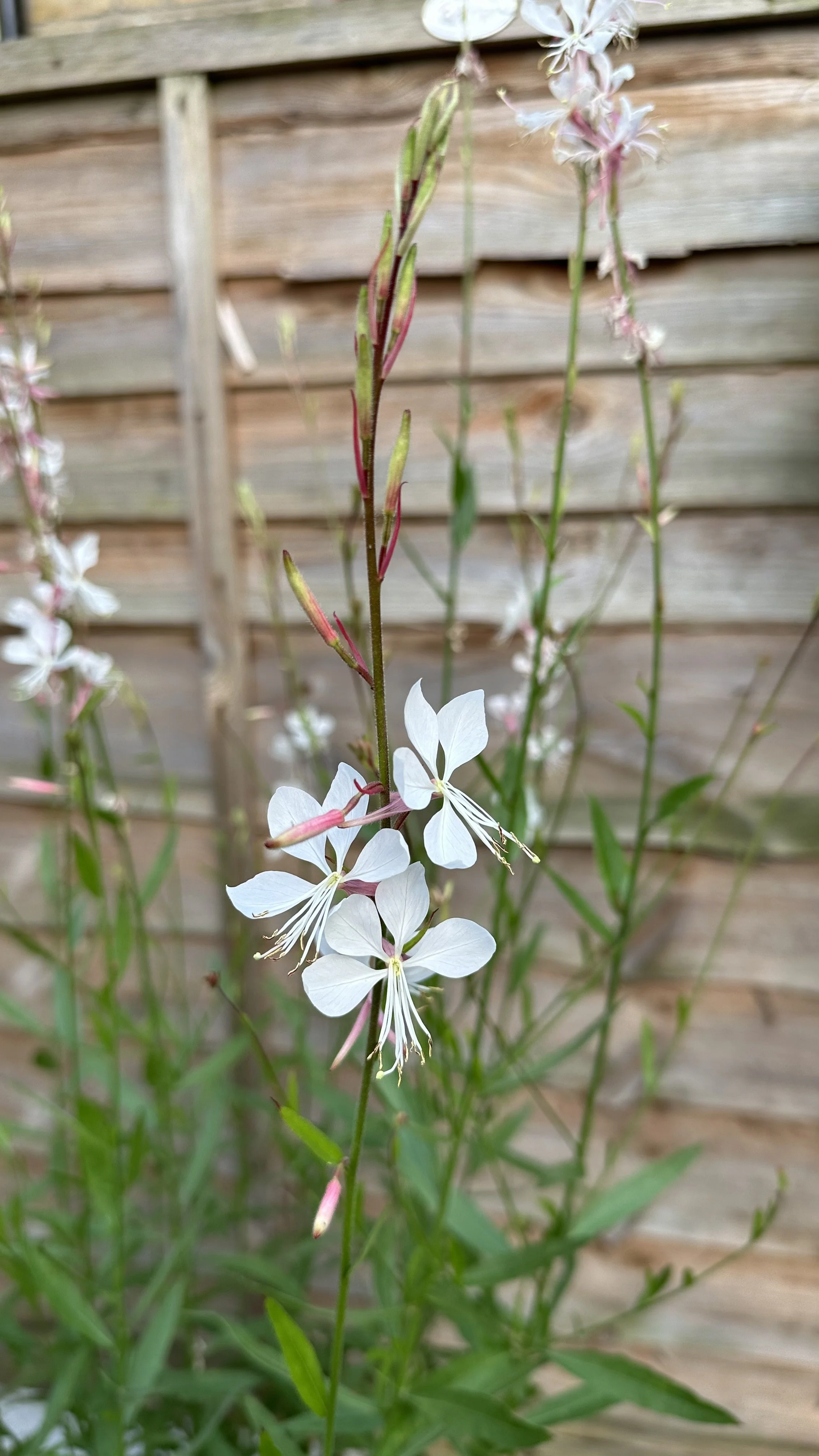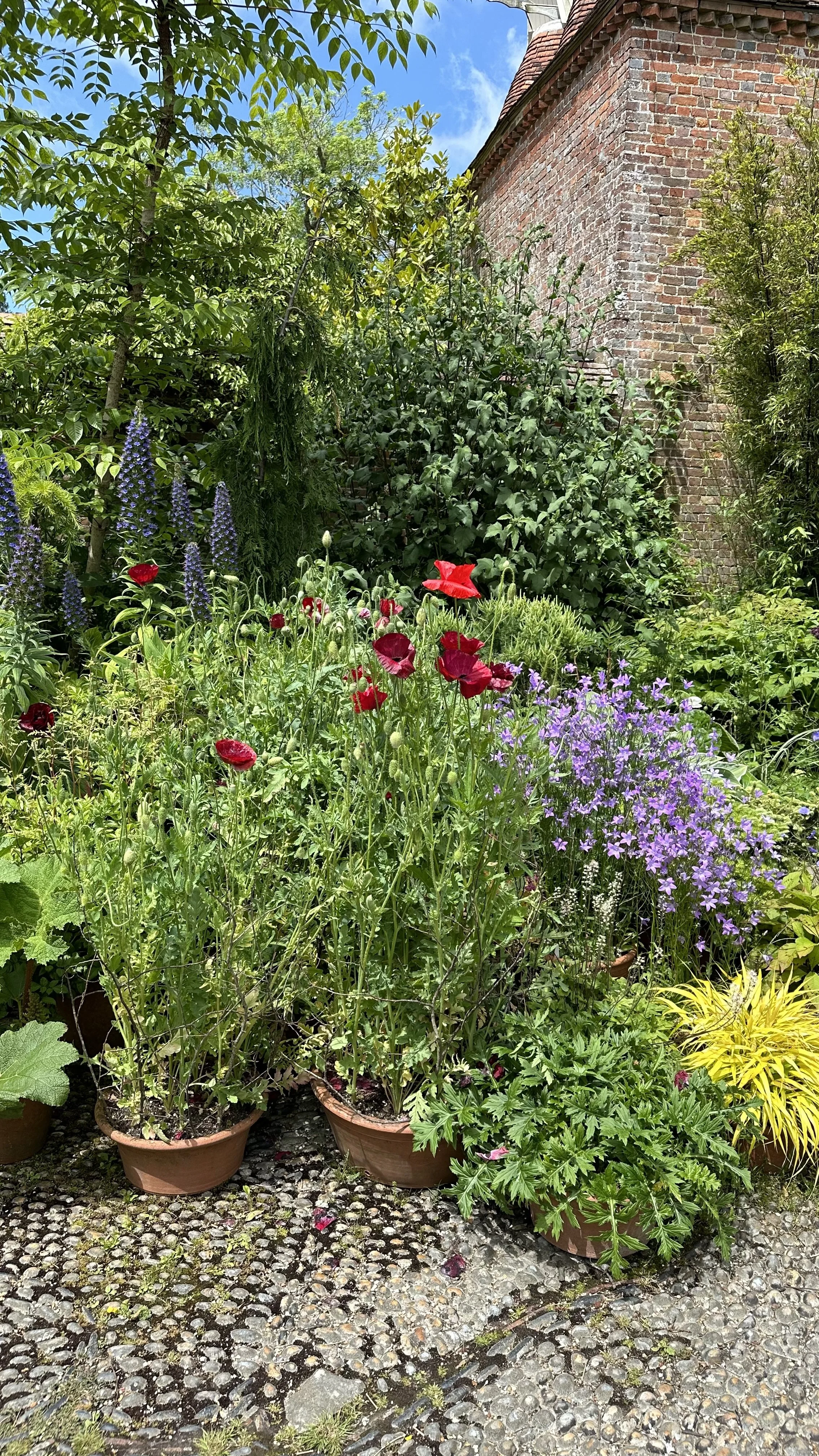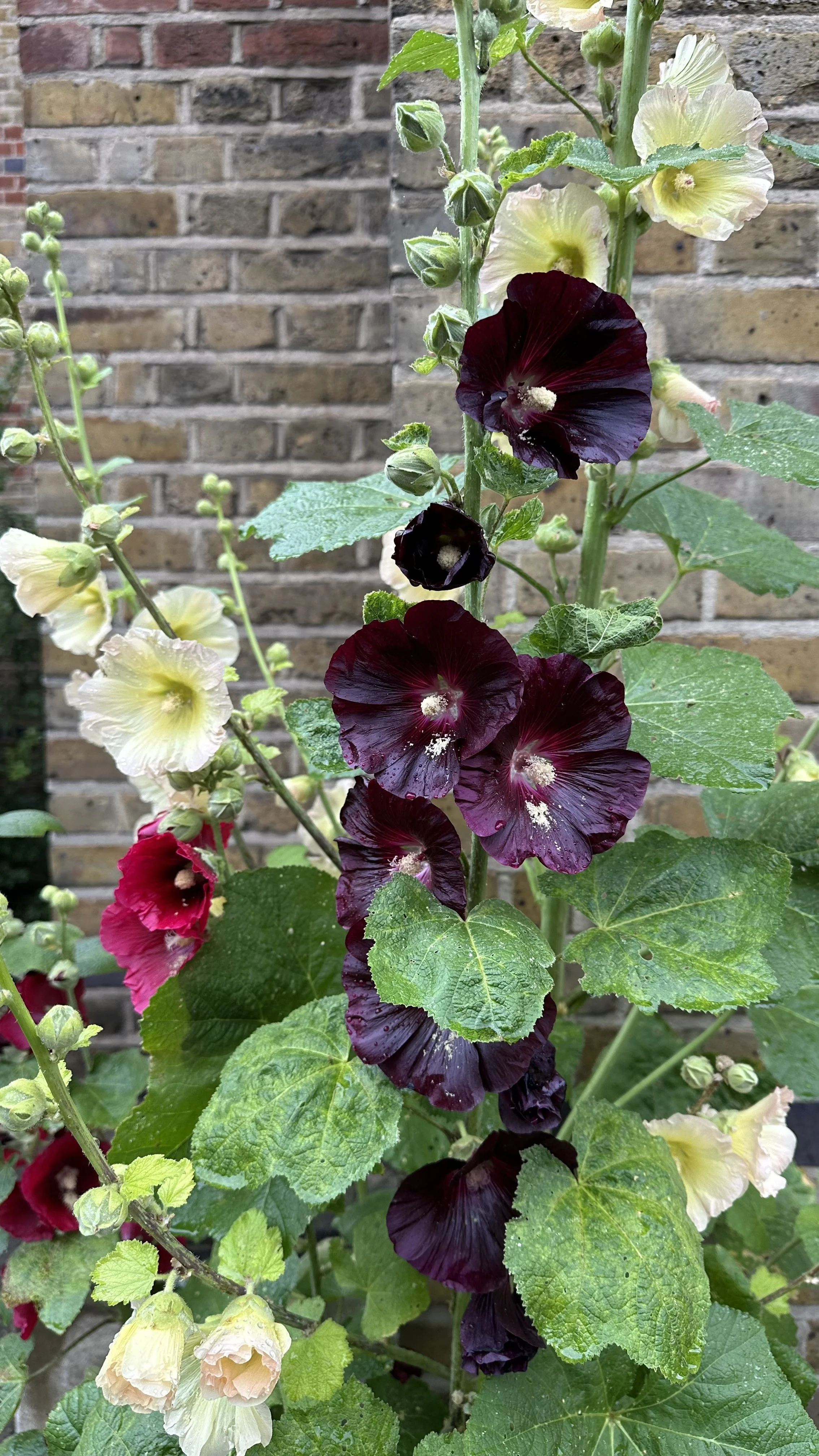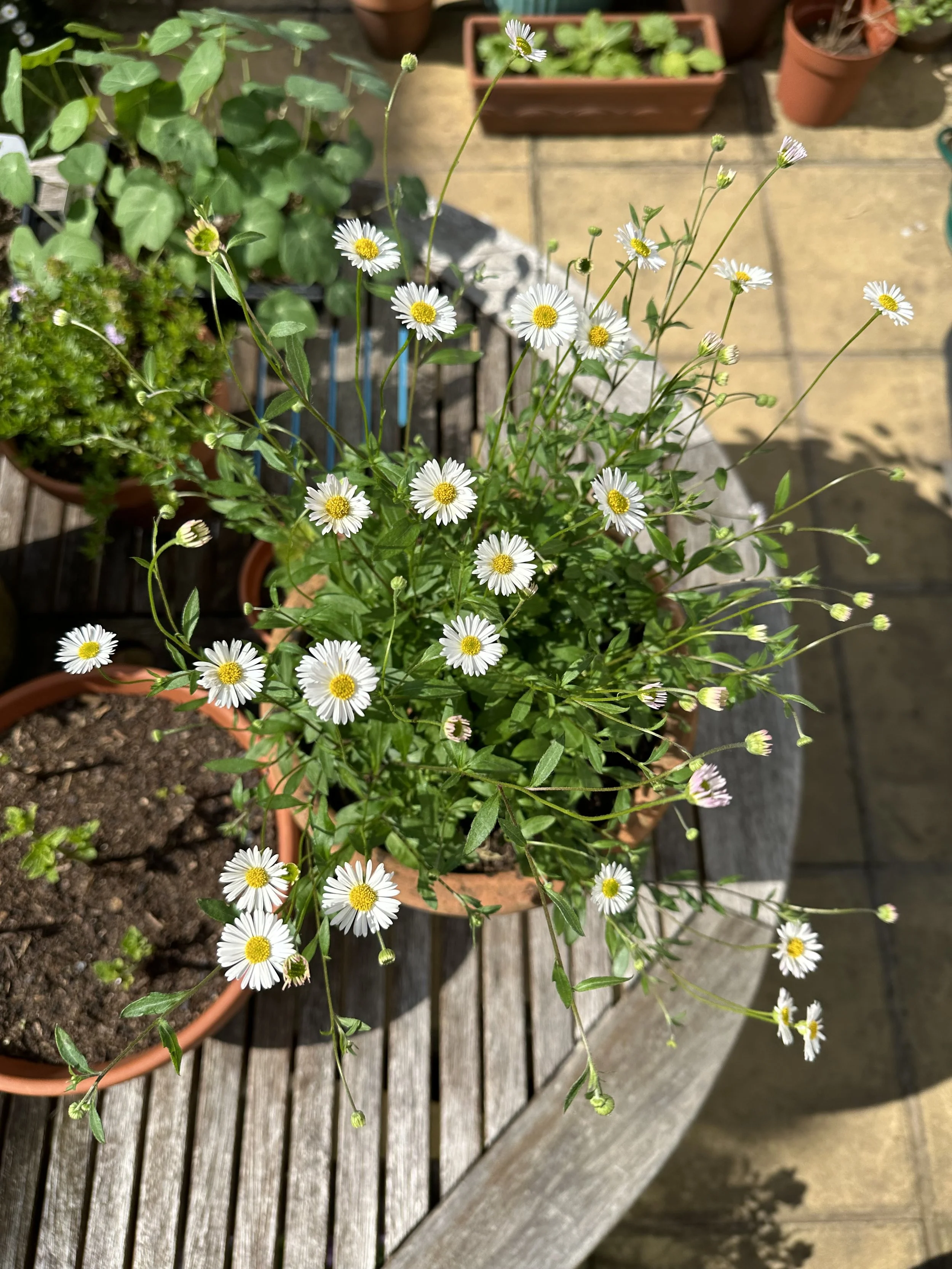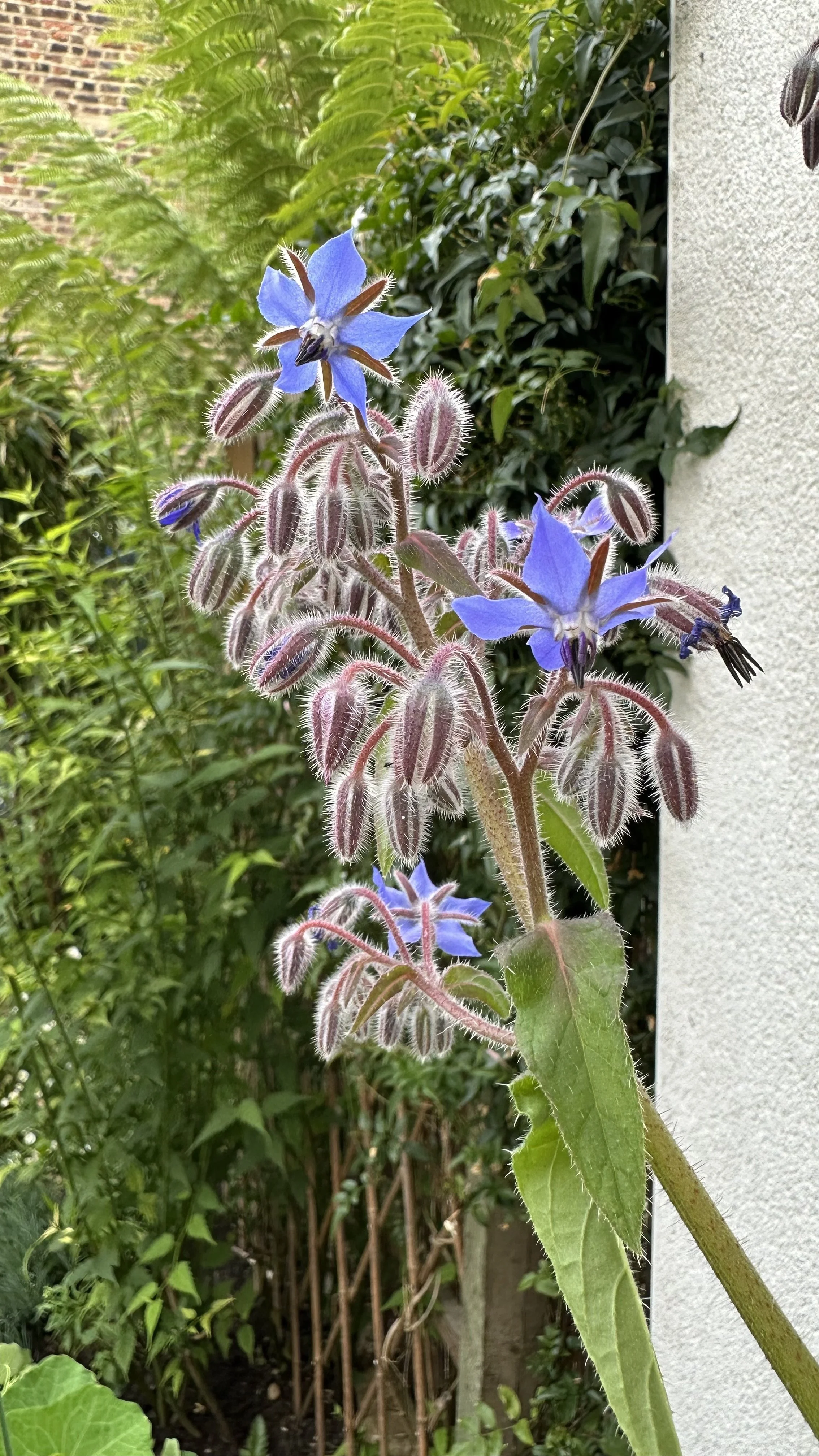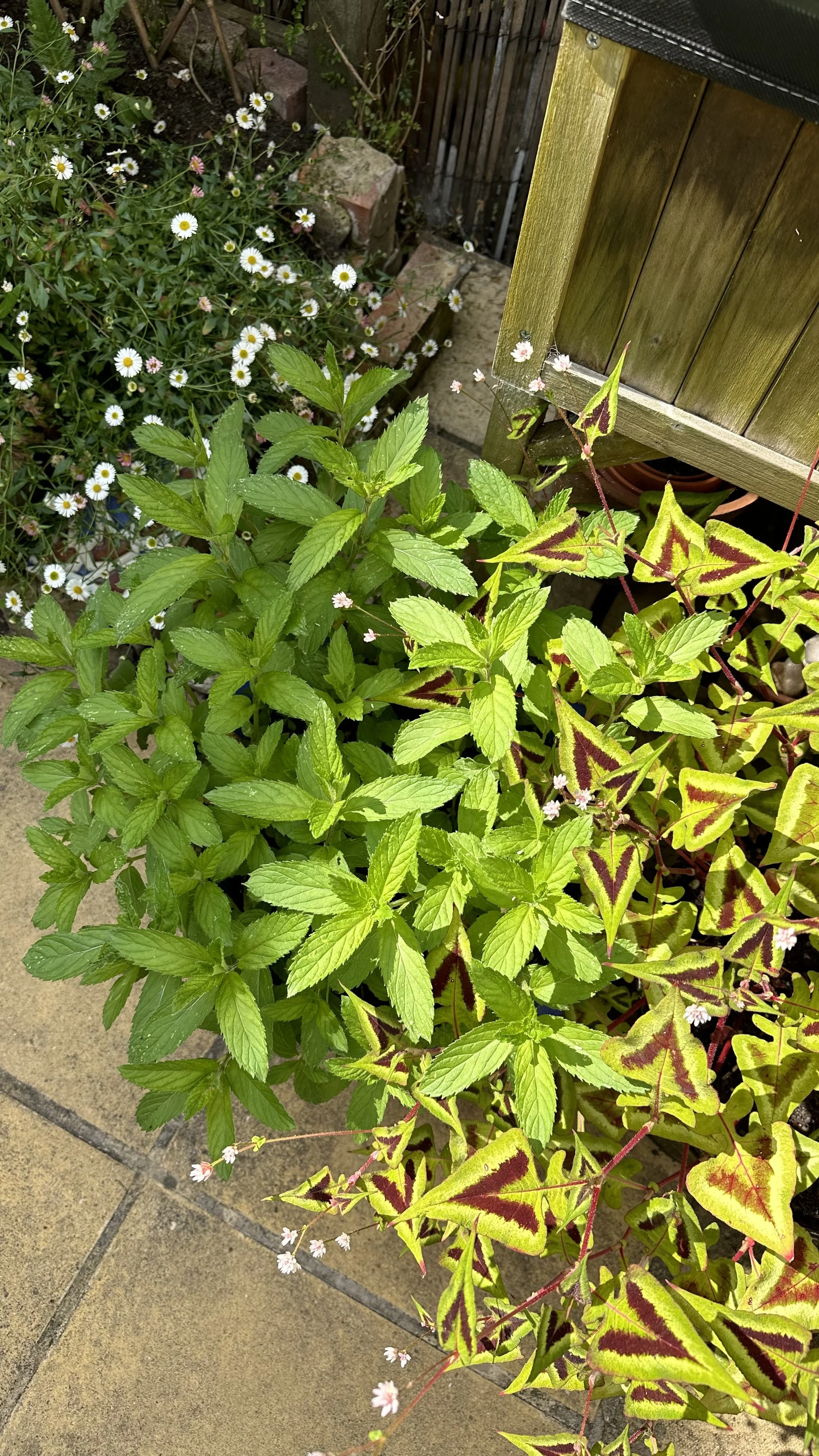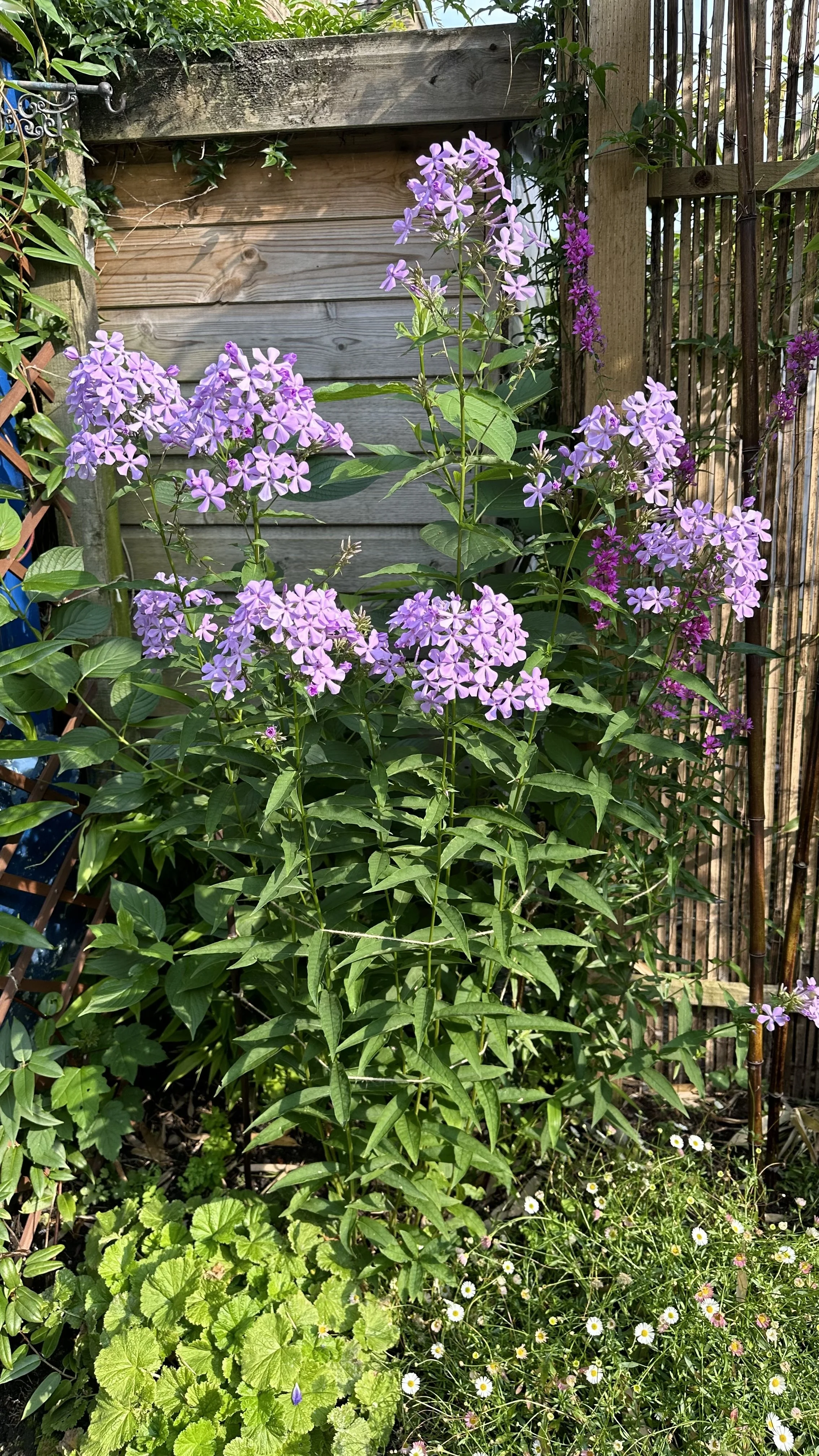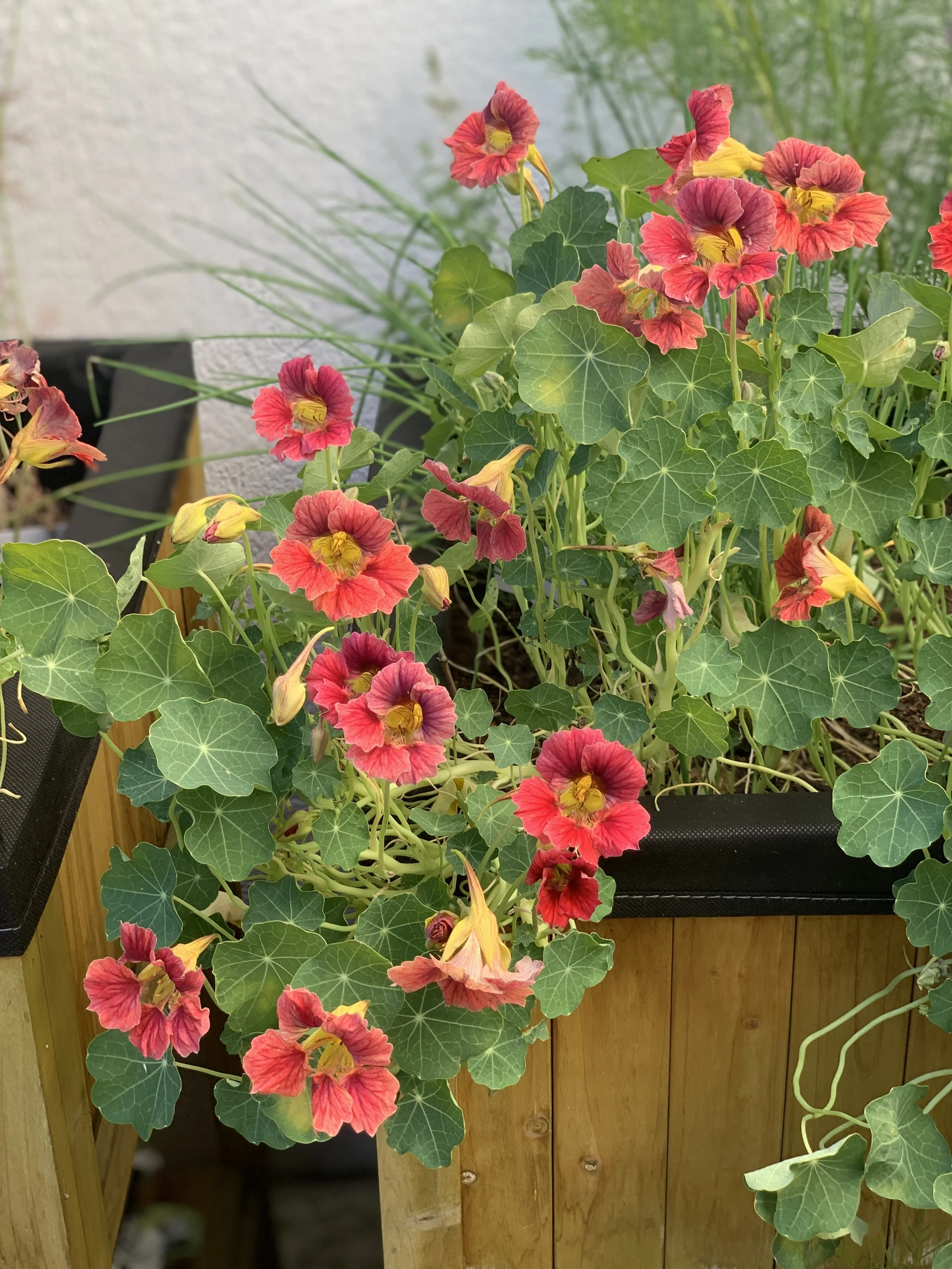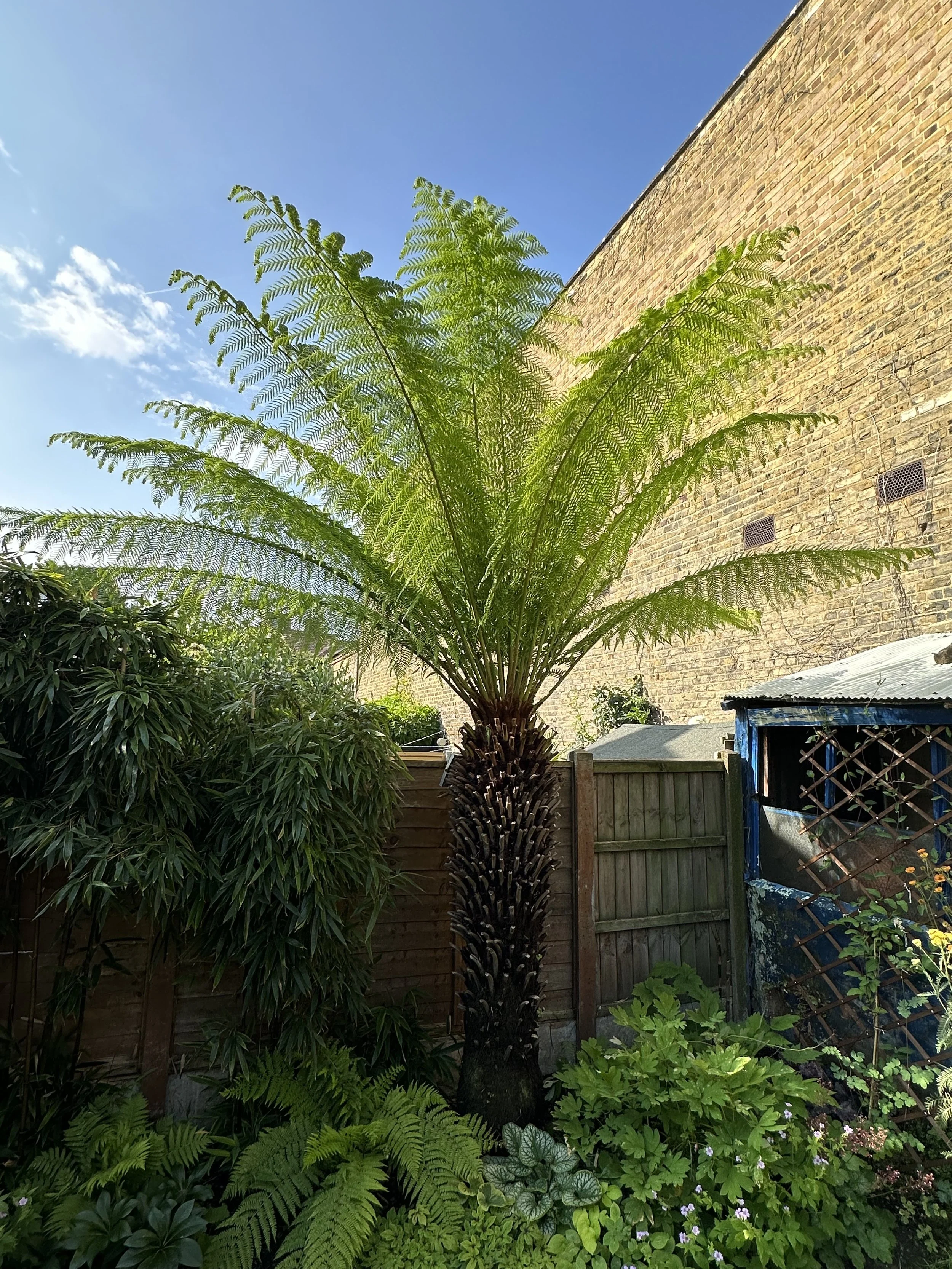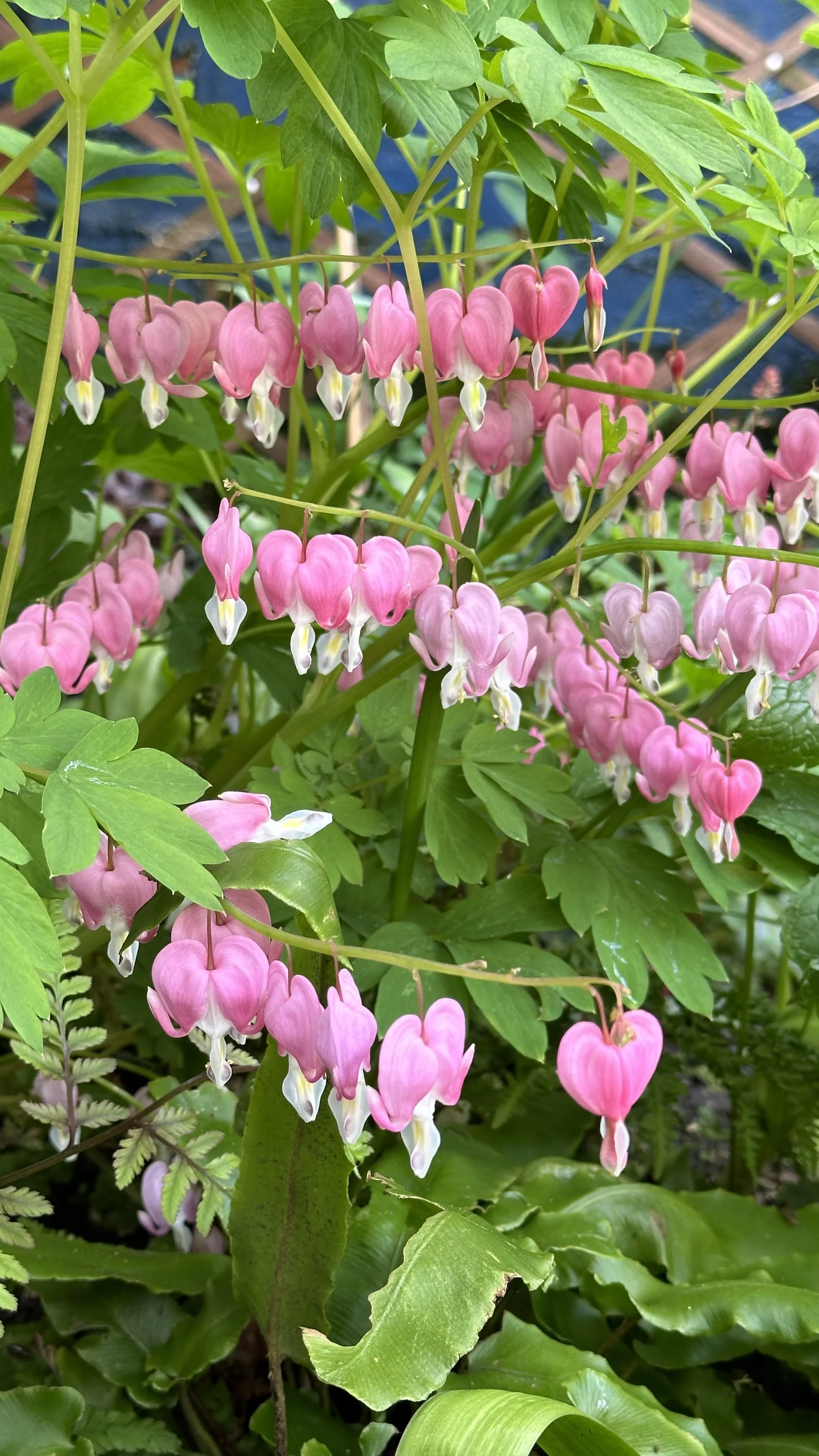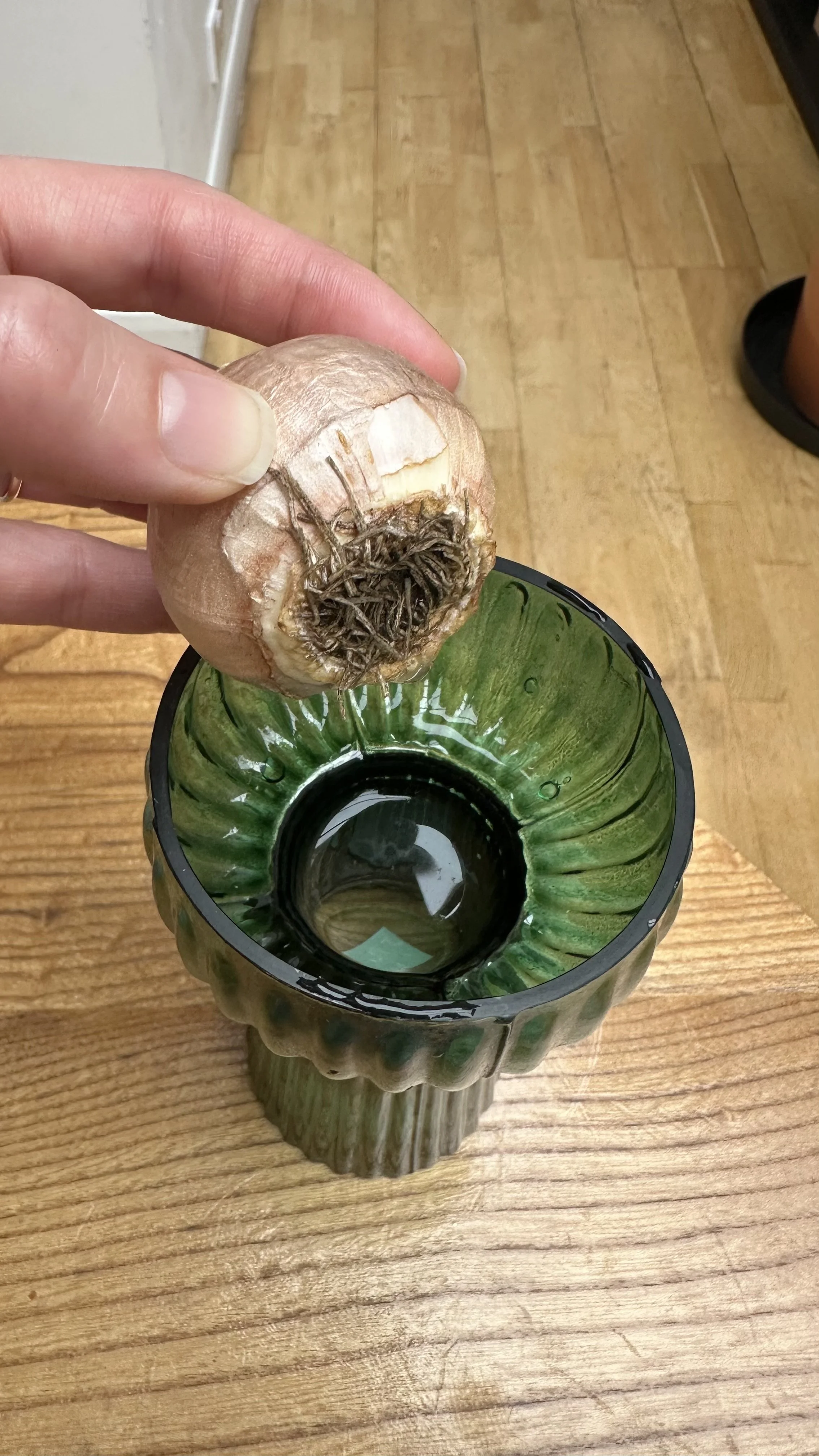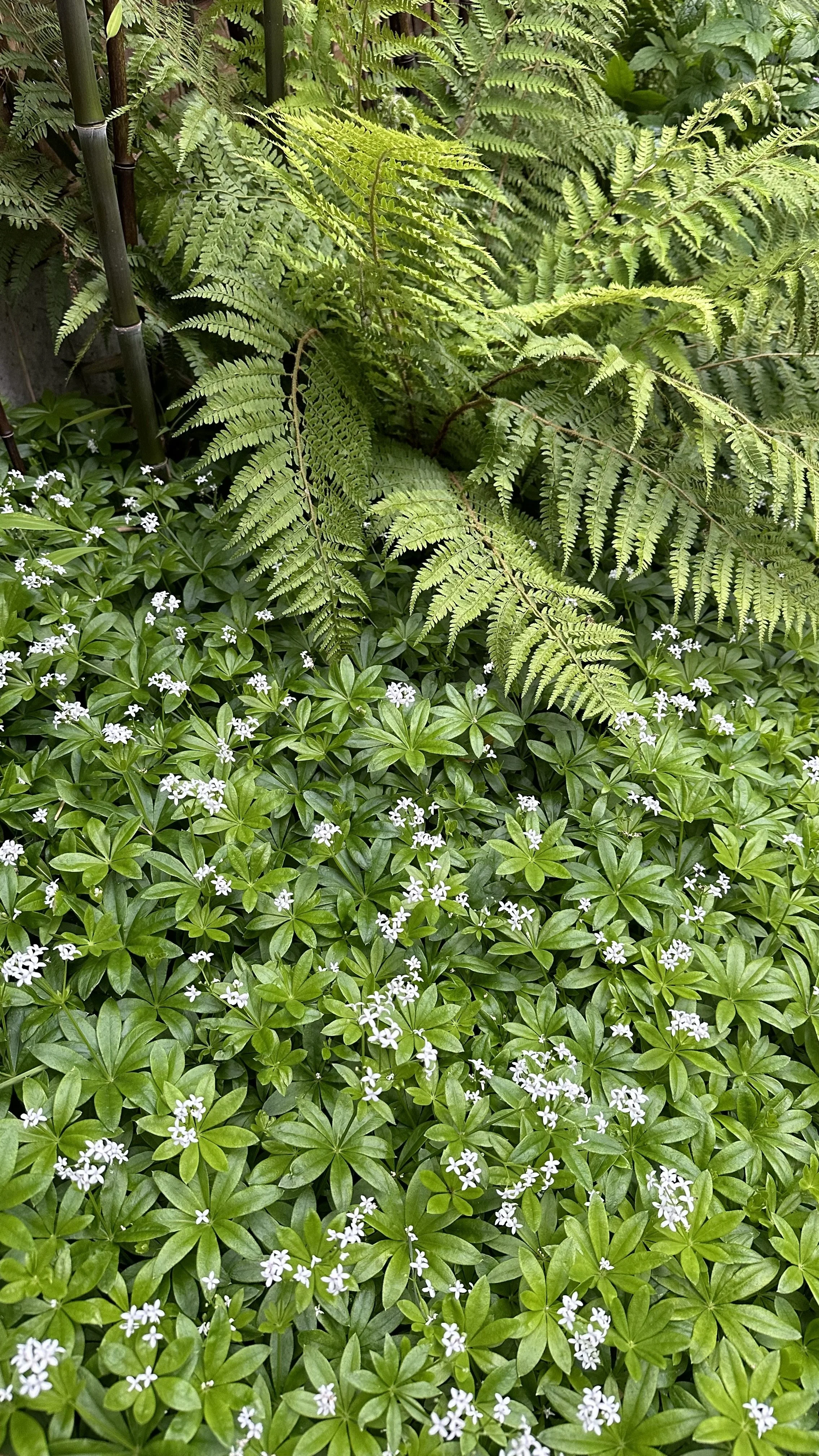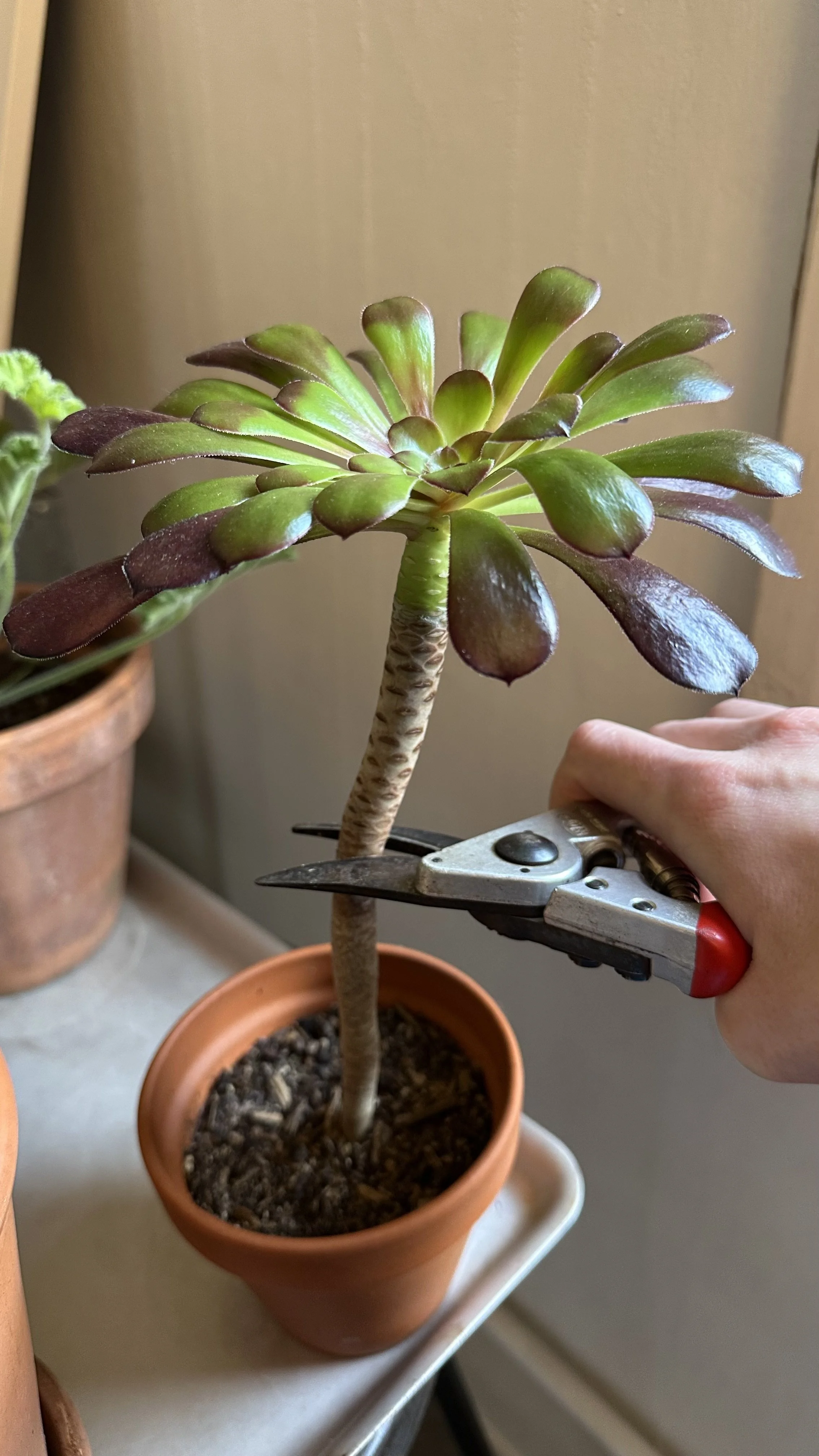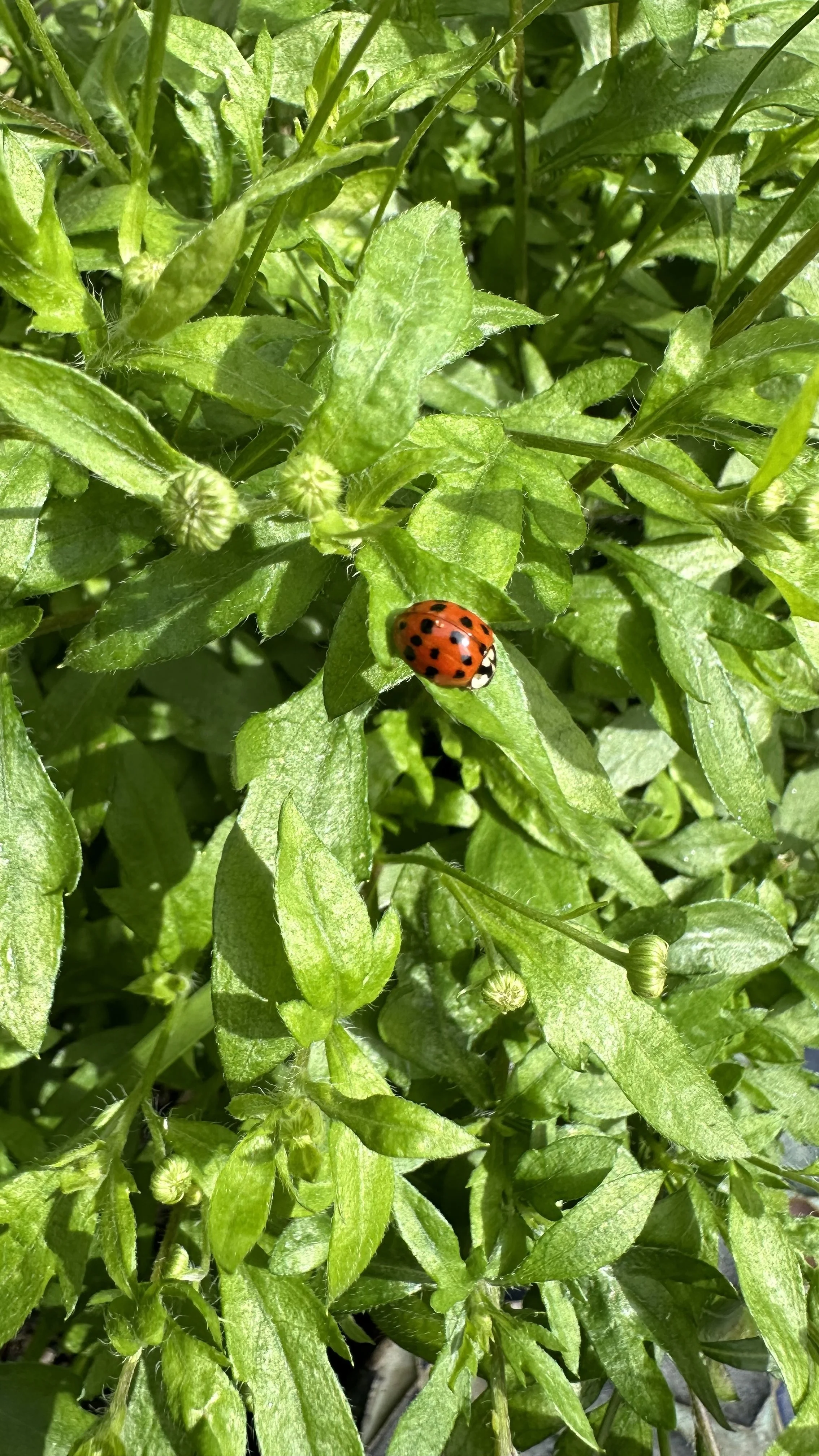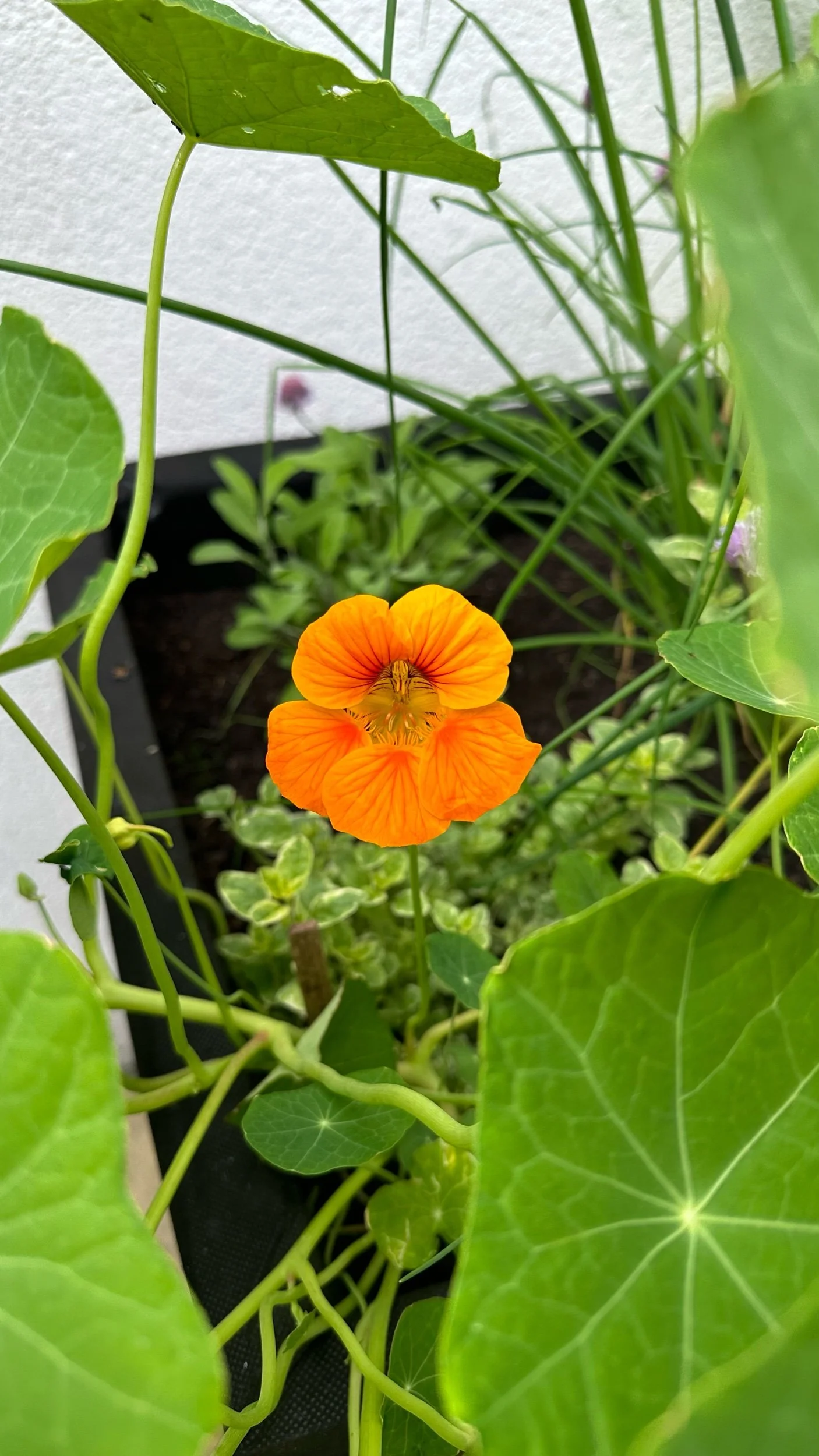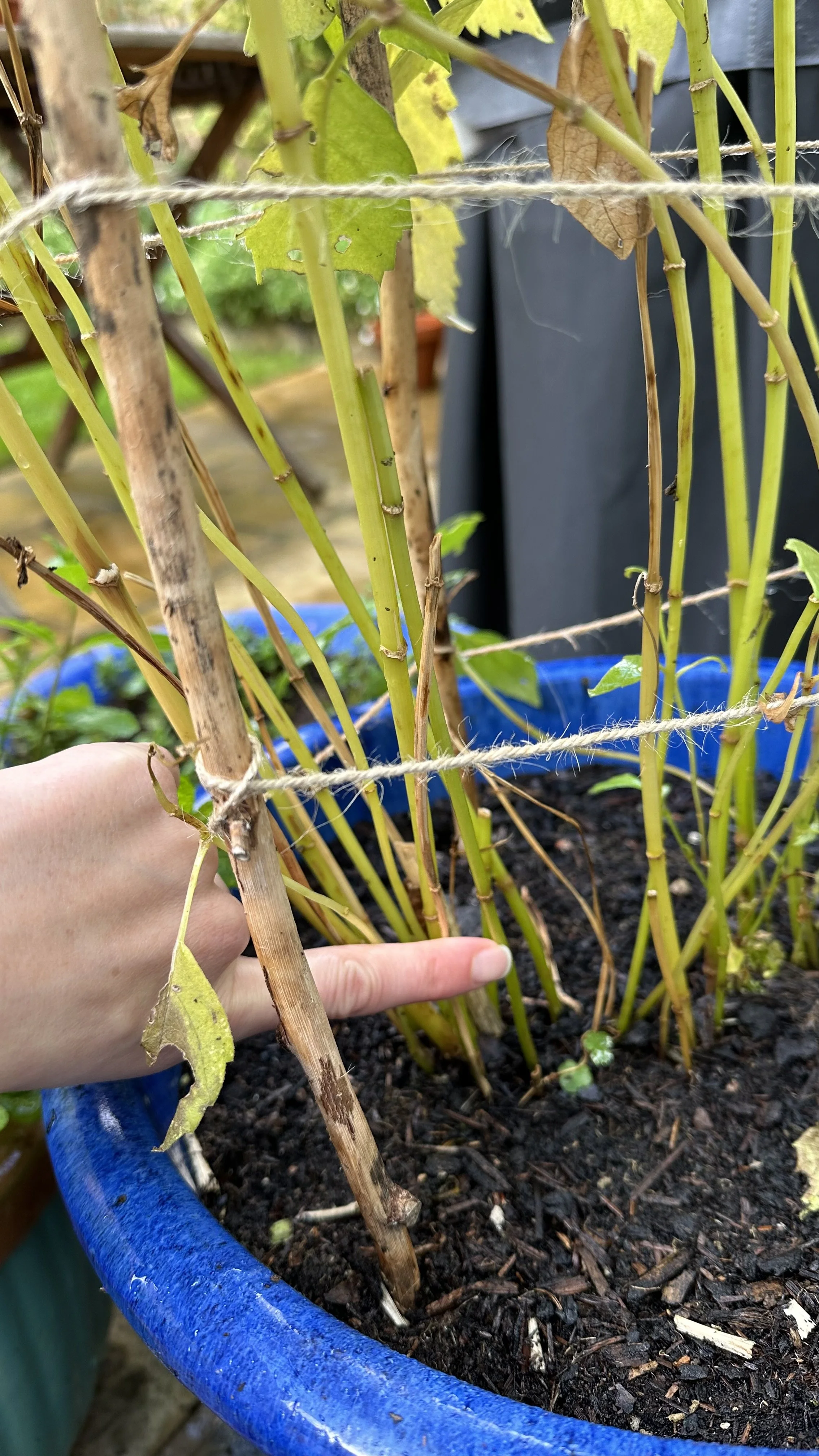Composting Orange Peels: Garden Gold
In the quest to reduce food waste and contribute to a healthier environment, composting orange peels is a small yet significant step that any gardener can take.
This guide explores the benefits and methods of composting orange peels, and how to incorporate them into your compost pile effectively.
To learn more about composting, check out my guides How to Start Composting in a Tumbler and A Simple Recipe for Rich Compost Tea.
The Basics of Composting Orange Peels
Composting is an age-old method of recycling organic waste into nutrient-rich soil.
When it comes to composting, orange peels are a unique addition, offering both challenges and benefits.
What is Composting?
Composting is the natural process of recycling decomposed organic materials into a rich soil known as compost.
It involves the breakdown of food scraps, garden waste, and other organic matter, transforming them into a valuable resource for gardens.
This process not only enriches the soil, but also reduces the amount of waste sent to landfills.
Why Compost Orange Peels?
Orange peels are abundant in many households and often end up in the trash, contributing to food waste. By composting these peels, you can turn them into something valuable for your garden.
Orange peels add beneficial nutrients like nitrogen, phosphorus, and potassium to the compost. They also contain essential oils and other organic compounds that can help repel pests and diseases in the soil.
Understanding the Decomposition Process
The decomposition of orange peels in a compost pile involves both physical and biological processes. Bacteria, fungi, worms, and other microorganisms break down the organic material.
However, citrus peels, like those from oranges, are tougher and more acidic than many other compost materials, which can affect the speed of their decomposition and the overall balance of the compost pile.
To aid in the decomposition process, it's advisable to cut or tear the peels into smaller pieces, which increases the surface area for microorganisms to work on.
Additionally, balancing orange peels with other compost materials, such as green leaves, vegetable scraps, or coffee grounds, can help maintain a healthy balance in the compost pile, fostering a more efficient breakdown of materials.
It's also important to consider the acidity that orange peels bring to the compost. While a moderate amount of citrus won't harm your compost pile, excessive amounts can increase the acidity level, which might not be suitable for all plants.
Regularly turning and mixing the compost can help distribute the acidic content more evenly, and adding alkaline materials like crushed eggshells can counteract the acidity.
For more inspiration and tips, check out my guides:
How to Compost Orange Peels
Successfully composting orange peels involves a few key steps to ensure they break down effectively and contribute positively to your compost.
Here's how you can do it:
Preparing Orange Peels for the Compost Pile
Cutting into Small or Smaller Pieces:
Before adding orange peels to your compost, it's beneficial to cut them into small pieces.
This increases the surface area, making it easier for microorganisms to break them down.
Smaller pieces also integrate more quickly into the compost, reducing the chance of attracting pests.
Mixing with Other Compost Materials:
Orange peels should be mixed with a variety of other compost materials to create a balanced compost heap.
This includes 'green' materials rich in nitrogen, like vegetable scraps and grass clippings, and 'brown' materials rich in carbon, like dried leaves and branches.
A balanced mix ensures efficient decomposition and minimizes issues with odor or pests.
Managing Acidity in Your Compost Bin
Balancing Citrus with Other Scraps:
Since orange peels are acidic, they should be balanced with more alkaline materials.
Adding materials like eggshells or ash can help neutralize the acidity.
It's important to maintain a diverse mix of compost materials to prevent the compost from becoming too acidic, which could harm beneficial composting bacteria and affect plant growth.
Monitoring pH Levels:
For those keen on maintaining optimal compost health, monitoring the pH level of your compost pile can be beneficial.
The ideal pH for compost is generally between 6 and 7.5.
If your compost becomes too acidic due to a high concentration of citrus peels, consider adding more alkaline materials or reducing the number of peels you compost.
Here is the pH monitor I recommend using:
For more inspiration and tips, check out my guides:
Ensuring Proper Decomposition
Aeration and Moisture:
Regularly turning your compost pile helps aerate it, providing oxygen essential for the decomposition process.
Orange peels tend to dry out, so ensuring your compost has enough moisture is crucial.
However, be careful not to overwater, as this can lead to anaerobic conditions and unpleasant odors.
Temperature Monitoring:
The temperature of your compost pile can indicate the activity level of the decomposition process.
A warm or hot compost pile suggests active decomposition, while a cool pile may need more green materials or turning to reignite the composting process.
Composting Orange Peels in Different Environments
Rural or Large-Scale Composting:
In larger gardens or rural areas, orange peels can be added directly to open compost heaps.
Here, they can be mixed with a larger variety of organic waste, and the larger scale can better accommodate the acidity and tougher texture of citrus peels.
Urban Composting:
In an urban setting where space is limited, using a sealed compost bin or tumbler is ideal for composting orange peels.
This prevents attracting pests and makes it easier to maintain the right conditions for composting.
To learn more about compost tumblers, check out my guide How to Start Composting in a Tumbler.
Here is the compost tumbler I recommend using:
For more tips, check out my guides:
Benefits of Composting Orange Peels in Your Garden
Composting orange peels not only reduces kitchen waste but also brings numerous benefits to your garden.
Here’s how your garden can thrive from the inclusion of orange peels in your compost:
Enriching the Soil with Organic Matter
Nutrient-Rich Compost:
Orange peels add significant nutritional value to compost.
They are rich in nitrogen, phosphorus, and potassium – key nutrients that support plant growth.
When this compost is added to garden soil, it releases these nutrients gradually, providing a long-term, natural fertilizer for your plants.
Improving Soil Structure:
The addition of compost made from orange peels and other organic matter improves the soil's structure.
It enhances soil aeration, water retention, and drainage, making it more hospitable for plant roots and beneficial microorganisms.
Supporting Plant Growth and Health
Natural Pest Repellent:
The essential oils found in orange peels are known to have pest-repellent properties.
When composted, these can help deter pests from your plants in a natural and chemical-free way.
Disease Suppression:
Healthy compost, which includes a variety of organic materials like orange peels, can suppress certain plant diseases.
The beneficial microbes in compost compete with harmful pathogens, reducing the likelihood of disease outbreaks in the garden.
Reducing Kitchen Waste Responsibly
Eco-Friendly Waste Management:
By composting orange peels, you are actively participating in reducing food waste and minimizing your carbon footprint.
Composting is a sustainable alternative to disposing of kitchen scraps in landfills, where they would release methane, a potent greenhouse gas.
Encouraging a Sustainable Lifestyle:
The practice of composting, including the use of orange peels, can be a stepping stone towards a more sustainable lifestyle.
It encourages the practice of recycling and responsible waste management, making a positive impact on the environment.
Creating a Balanced Ecosystem in Your Garden
Attracting Beneficial Wildlife:
A healthy compost pile, with a variety of materials including orange peels, attracts beneficial insects and worms.
These creatures play a crucial role in further breaking down organic matter and aerating the soil, which is beneficial for plant growth.
Maintaining Soil pH Balance:
While orange peels are acidic, when properly composted, they contribute to a balanced pH level in the soil.
This is crucial for the absorption of nutrients by plants and for maintaining a healthy soil ecosystem.
Cost-Effective Gardening
Reducing Fertilizer Costs:
Compost made with orange peels and other organic materials can reduce or even eliminate the need for chemical fertilizers, leading to cost savings in maintaining your garden.
Long-Term Soil Health:
The continuous use of homemade compost, including orange peels, contributes to the long-term health and fertility of the soil, reducing the need for expensive soil amendments.
Check out my guide: A Simple Recipe for Rich Compost Tea.
Common Challenges and Solutions
While composting orange peels is beneficial, it does come with its own set of challenges.
Understanding these challenges and knowing how to address them can make your composting process more efficient and hassle-free.
Dealing with Acidity from Citrus Peels
Challenge:
Orange and other citrus peels are naturally acidic, which can disrupt the pH balance of your compost pile if not managed properly.
An overly acidic compost can hinder the activity of beneficial microorganisms and negatively impact the decomposition process.
Solution:
To counteract the acidity, add alkaline materials like crushed eggshells, ash, or lime to your compost pile.
Also, ensure a good balance of green (nitrogen-rich) and brown (carbon-rich) materials in your compost to create a more neutral environment.
Ensuring Proper Decomposition
Challenge:
Citrus peels have a tough, leathery texture, making them slower to decompose compared to other organic materials.
Solution:
Chop or tear the peels into smaller pieces before adding them to the compost to speed up decomposition.
Regularly turning your compost pile can also help distribute the peels evenly and expose them to more decomposing agents like bacteria and fungi.
Attracting Worms and Beneficial Microorganisms
Challenge:
High concentrations of citrus peels, especially if not properly balanced, can be detrimental to worms and other beneficial organisms in your compost pile.
Solution:
Limit the amount of citrus peels in your compost and mix them thoroughly with other compost materials. This ensures that the environment remains hospitable for worms and microorganisms, which are essential for a healthy composting process.
Managing Pest Attraction
Challenge:
The strong scent of orange peels can attract pests like fruit flies and rodents to your compost bin.
Solution:
Bury the peels deep within your compost pile, or cover them with a layer of brown materials like dried leaves or straw.
Using a compost bin with a lid or a sealed composting system can also help keep pests at bay.
Dealing with Mold Growth
Challenge:
Sometimes, especially in humid conditions, orange peels can develop mold before they decompose.
Solution:
Regular aeration and turning of the compost pile can prevent excessive moisture and mold growth.
Balancing wet scraps (like orange peels) with dry materials helps maintain the right moisture level in the compost.
Avoiding Overloading the Compost with Citrus
Challenge:
Adding too many orange peels at once can overwhelm the composting process.
Solution:
Gradually add orange peels to your compost, ensuring they are well mixed with other materials.
This gradual approach helps maintain a balanced composting environment.
For more ideas, check out my guides:
Composting Best Practices
Effective composting, especially when including materials like orange peels, involves adhering to certain best practices.
These guidelines ensure that your composting efforts are successful, yielding rich, nutrient-dense compost for your garden.
What to Include and Avoid in Your Compost Bin
Include a Variety of Materials:
For a healthy compost pile, balance your orange peels with a diverse mix of green (nitrogen-rich) and brown (carbon-rich) materials.
This includes vegetable scraps, lawn clippings, leaves, shredded paper, and straw.
Avoid Overloading with Citrus:
While citrus peels can be beneficial, they should be added in moderation.
Overloading your compost with citrus can lead to excess acidity and slow down the composting process.
Exclude Harmful Materials:
Avoid adding meat, dairy, oily foods, or diseased plants to your compost.
These can attract pests, cause unpleasant odors, and potentially introduce harmful bacteria or pathogens.
Balancing Greens and Browns
Maintain the Right Ratio:
Aim for a balance between green and brown materials in your compost pile.
A general guideline is to maintain a ratio of about 2:1 of browns to greens by volume.
This balance helps ensure efficient decomposition and minimizes issues such as bad odors or a slow composting process.
Adjusting as Needed:
Monitor your compost pile regularly. If it's too wet or smelly, add more browns.
If it's too dry or slow to decompose, add more greens.
Maintaining Your Compost Heap
Regular Turning:
Turn your compost pile every few weeks to aerate it, which speeds up the decomposition process and prevents odors.
This also helps distribute the orange peels and other materials evenly throughout the pile.
Monitoring Moisture Levels:
Your compost should be moist, but not soggy. If it's too dry, add water or green materials.
If it's too wet, add brown materials or turn it more frequently to let it dry out.
Checking Temperature:
A healthy compost pile will generate heat.
If your pile isn't heating up, it may need more green materials, more frequent turning, or better aeration.
Using Finished Compost
Recognizing Ready Compost:
Finished compost will be dark, crumbly, and have an earthy smell.
It shouldn’t have any recognizable food scraps or a strong odor.
Applying to Your Garden:
Use your finished compost as a top dressing for your garden beds, as a soil amendment when planting new plants, or as a component of potting mixes.
Special Considerations for Citrus Peels
Pre-Composting Treatment:
To speed up decomposition, consider freezing and then thawing orange peels before adding them to the compost.
This process breaks down cell walls and makes the peels more accessible to decomposers.
Compost Bin Maintenance:
If using a closed compost bin or tumbler, ensure it's well-ventilated and has a lid to deter pests attracted by the scent of citrus.
For more inspiration, check out my guides:
Plants That Deter Cats: A Natural Solution to Keep Cats at Bay
FAQs
Can You Compost Citrus and Onions Together?
Yes, you can compost citrus and onions together, but it's important to do so in moderation.
Both citrus peels and onions can add acidity to your compost pile.
To maintain a healthy compost, balance them with alkaline materials like eggshells or garden lime, and ensure a good mix of green and brown materials.
Be aware that onions may take longer to decompose and can add a strong odor if not balanced properly.
Are Banana Peels and Onion Peels Good for Compost?
Absolutely. Banana peels and onion peels are great for compost as they are rich in nutrients.
Banana peels are high in potassium, which is essential for plant growth, while onion peels add organic material to the compost.
Just like with citrus peels, ensure that these are mixed well with other compost materials to avoid any issues with pests or strong odors.
Should You Put Whole Oranges in Your Compost?
It's not advisable to put whole oranges in your compost as they decompose very slowly due to their size and thick skin.
It's better to cut them into smaller pieces to aid in decomposition.
Also, keep in mind that too many oranges can increase the acidity of your compost, so balance them with other materials.
How to Make Acid from Orange Peels for Composting?
While you don't necessarily make acid from orange peels for composting, the natural acidity in the peels can be beneficial in small amounts.
To use orange peels effectively in your compost, chop them into small pieces to aid decomposition.
Their acidity can be beneficial in neutralizing overly alkaline compost, but remember to balance it with alkaline materials if you add a lot of citrus.
Do Orange Peels Attract Pests in Compost Bins?
Orange peels can attract pests like fruit flies and rodents due to their strong scent.
To minimize this, bury the peels deep within your compost pile and cover them with brown materials like leaves or straw.
Using a compost bin with a tight-fitting lid can also help prevent pests.
Composting orange peels is a simple, yet effective way to contribute to a sustainable ecosystem.
By turning what was once waste into valuable compost, you can enrich your garden, reduce your environmental footprint, and embrace a more eco-friendly lifestyle.
